
Visa and entry requirements Israel:
Passport required
No visa is required
Information from the Foreign Office about your trip to Israel:
https://www.auswaertiges-amt.de/de/israelsicherheit/203814
Israel is the nation-state of the Jewish people in the Middle East, with approximately 8.5 million inhabitants. The country on the threshold between Africa and Asia borders Lebanon to the north, Syria to the northeast, Jordan and the Dead Sea to the east, the Red Sea to the south, Egypt to the southwest and the Mediterranean to the west. The two autonomous Palestinian territories, the West Bank, or West Bank, and the Gaza Strip, are located north, east and south of Jerusalem and with Gaza to the west on the Mediterranean Sea.
The two official languages of Israel are Hebrew and Arabic, the national currency is the New Israeli Shekel, where 1 euro corresponds to around 3.80 ILS.
The largest cities in Israel include Jerusalem, Tel Aviv, Haifa, Petah Tikva, Rishon LeZion, Netenja, Ashdod, Beer Sheva, Bnei Brak and Holon,
The population of Israel consists of approximately 75% Jews, making it the only country in the world where Jewish residents are in the majority. There are also around 20% Muslims and around 3% Christians living in the country.
Israel's landscape is very varied and hilly. The highest peak in the country is the 1,208 meter high Mount Meron.
In contrast, the lowest point in Israel, the Dead Sea, at 418 meters below sea level, is also the lowest point on earth.
The land area of Israel has a wide range of flora and fauna. Olive trees, cypresses, fig trees, acacias, pines, date palms, carob trees, daffodils, lilies, oaks, tulips and other conifers grow there under different climatic conditions.
In the animal world, wild boars, hyenas, wolves, gazelles and flamingos are more common.
Israel is a modern industrial state and has valuable natural resources such as natural gas, crude oil, phosphate and kaolin. From agriculture, various types of vegetables, citrus fruits as well as caviar and flowers are mainly exported.
Another important sector for the Israeli economy is tourism. Beach vacationers can choose between the Mediterranean, the Red Sea or the Dead Sea as well as visit many historic cities or unique attractions.
The most important sights in Israel include the Mars-like Ramon Craters, the ruins of the ancient city of Magdala, the monumental columns in the Bet She'an National Park, the Old City, the Local History Museum, the Western Wall, the Western Wall Tunnel, the Mahane Yehuda Market , the Temple Mount, the Church of the Redeemer, the Citadel, the Holocaust Memorial, the Dome of the Rock, the Garden Tomb, the City of David National Park and the Church of Saint Anne in Jerusalem, the Dead Sea and the Palace of Herod, the Promenade, the Palmach Museum and the Tel Aviv Art Museum, the Fort and Masada National Park, the Bet Guvrin-Maresha National Park, the Roman excavations at Beit She'an, the Red Canyon of Eilat and the center of Nazareth.
The capital of Israel is Jerusalem with around one million inhabitants. Jerusalem is simultaneously the holy city for Muslims, Christians and Jews.
In February 2013 I traveled to Israel for the only time so far. I took the bus in the morning from Amman, Jordan, to the border. After crossing the border into Israel, which took a total of four hours due to various individual conversations due to various stamps from Saudi Arabia, the USA or Iran in my passport, I was finally able to continue my journey on the Israeli side with another bus.
The first day in Jerusalem was characterized by an extensive city tour in the historic old town. I chose my hotel directly opposite the Damascus Gate, the Muslim entrance to the Old City. The exciting events at the Western Wall in particular were a unique experience.
The next day I first took a taxi to Bethlehem in the disputed territory of Palestine, before taking the bus to Tel Aviv in the afternoon. The city of Tel Aviv was relatively disappointing, apart from the old town of Jaffa and the promenade by the sea, which was only beautiful at times.
The increased military presence and even the many armed police officers on the buses provided the necessary security, but also sometimes had disruptive side effects.
Israel is actually a very worth visiting travel destination, but only if the current political situation allows it.

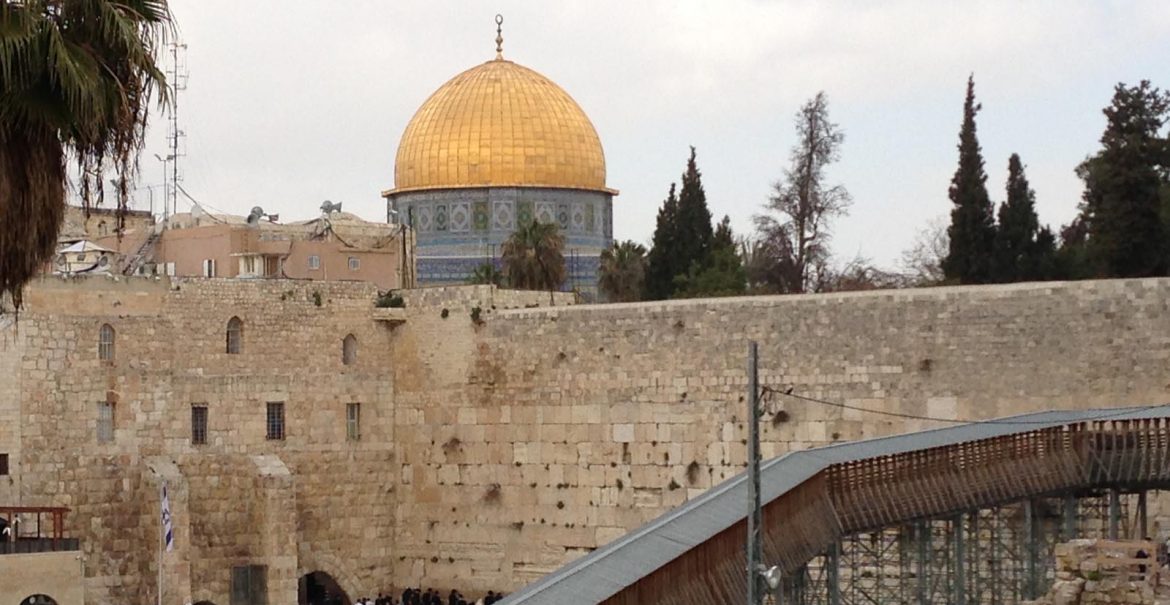
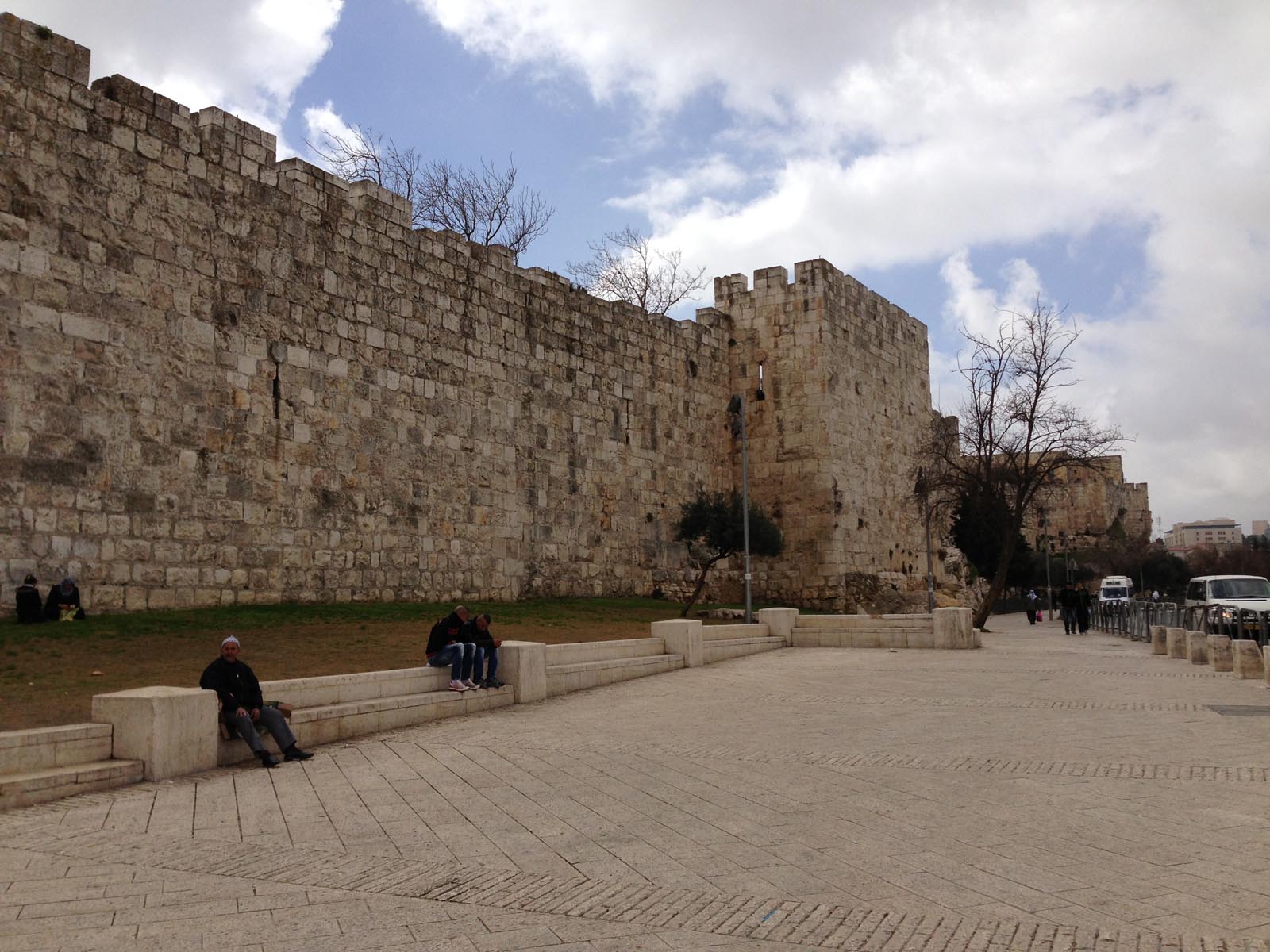
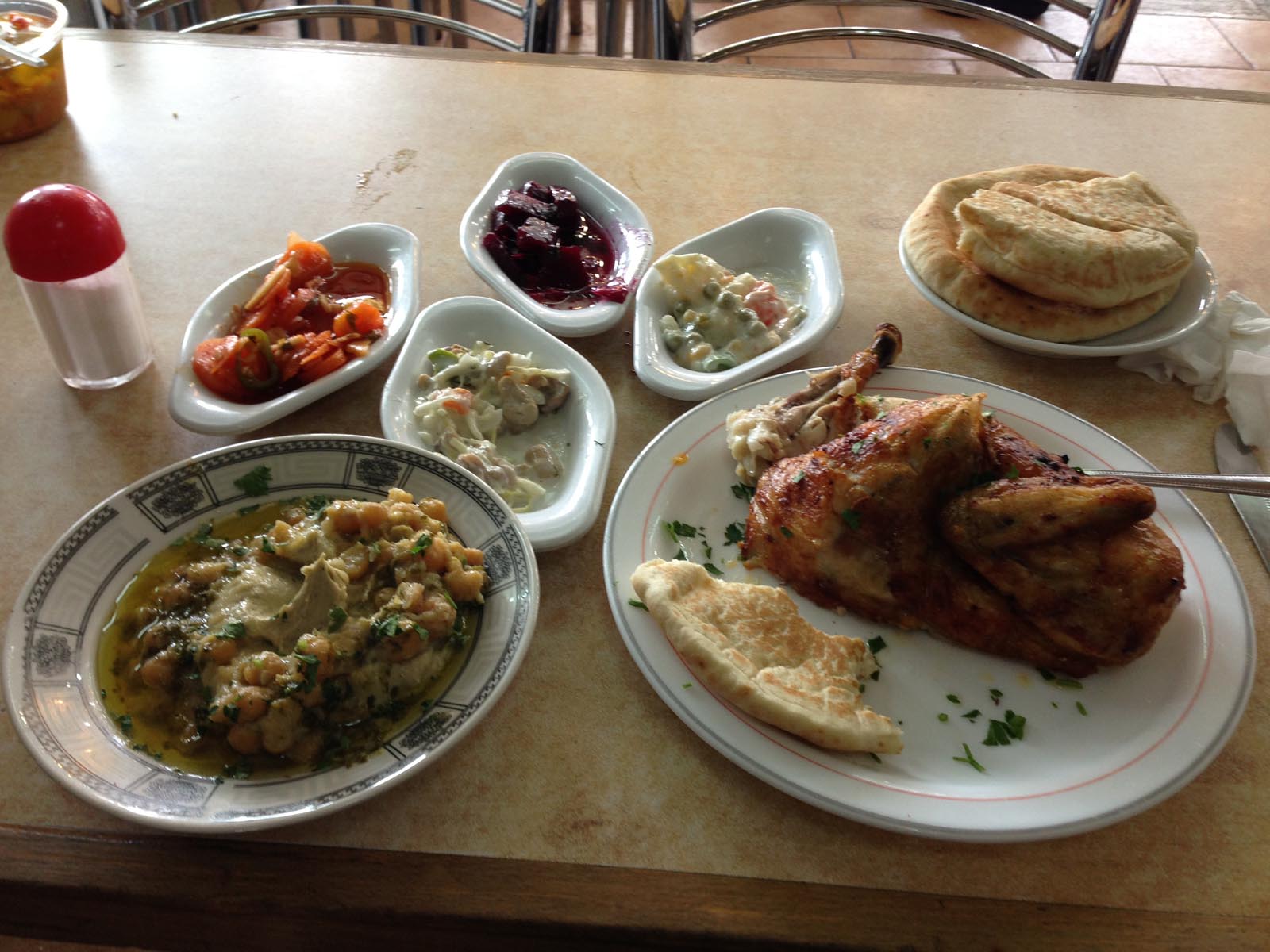

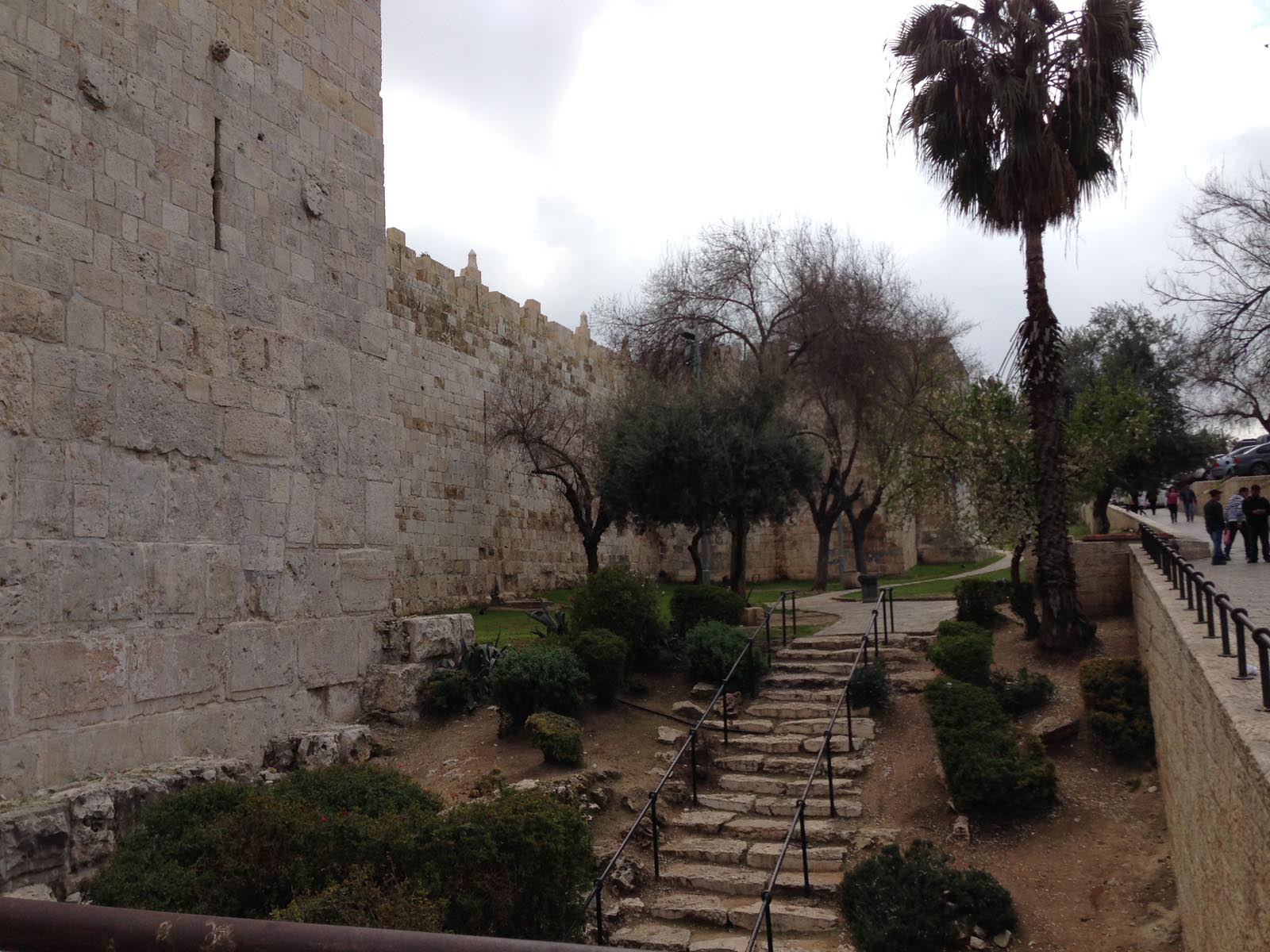
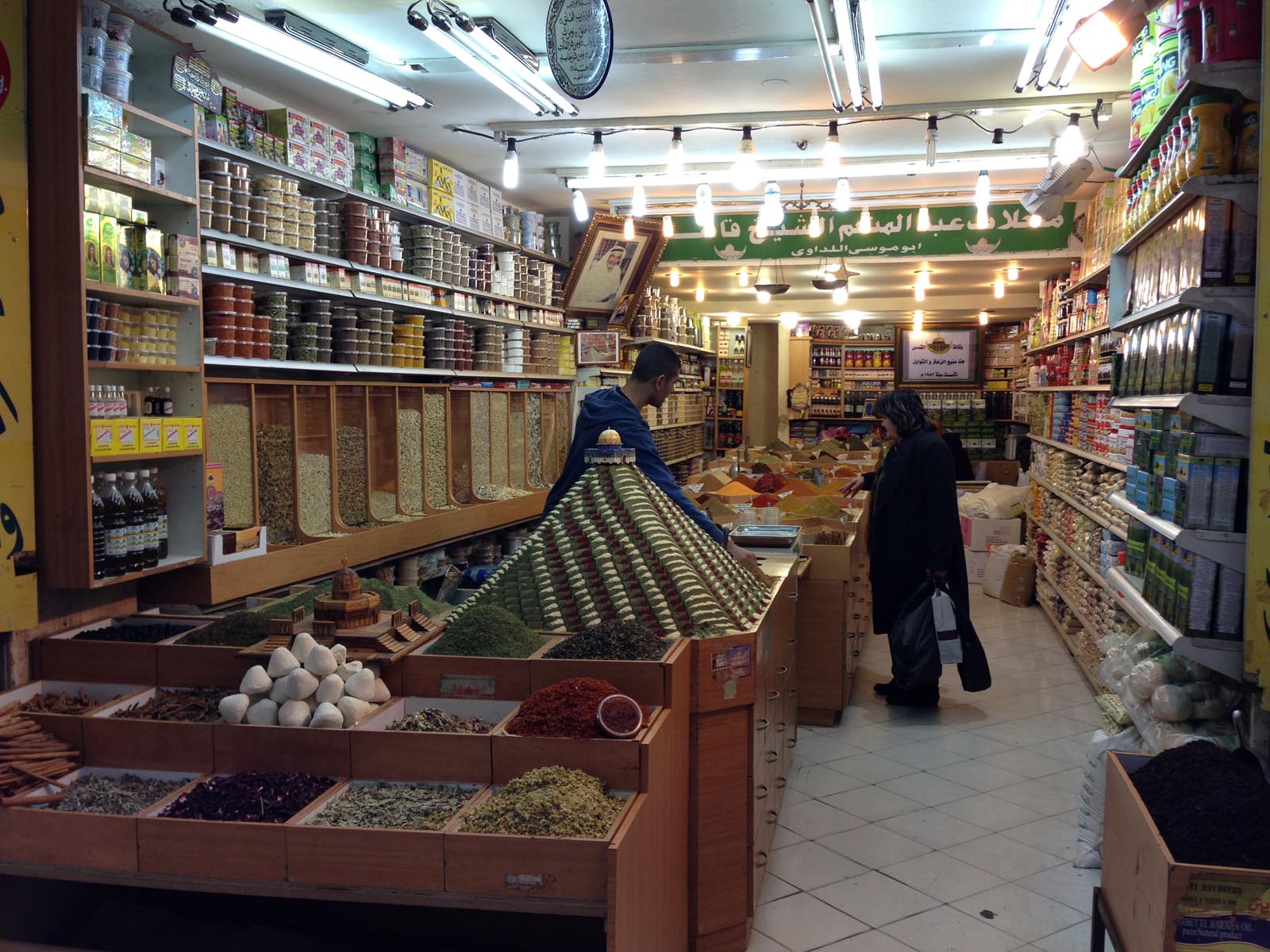
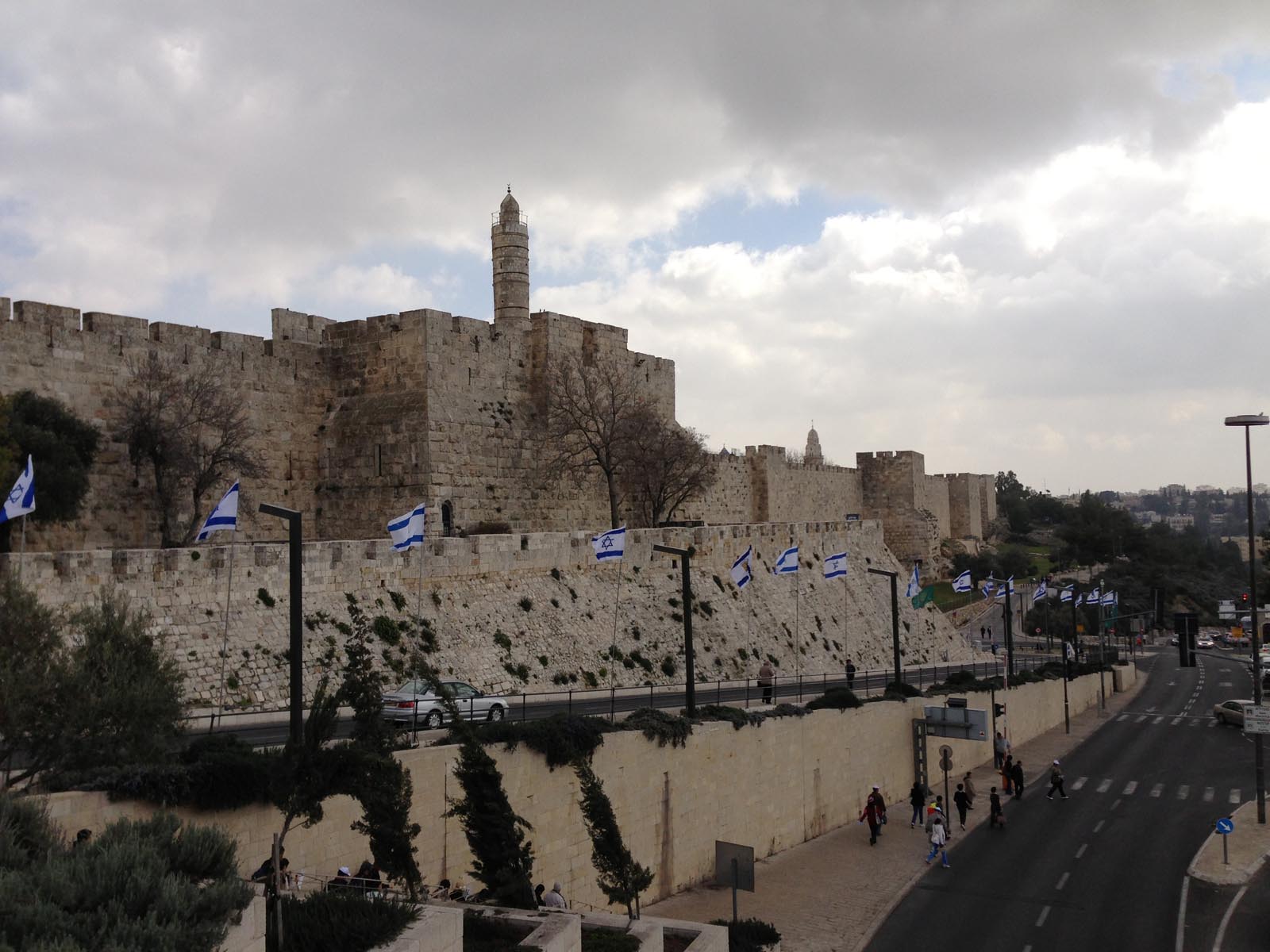
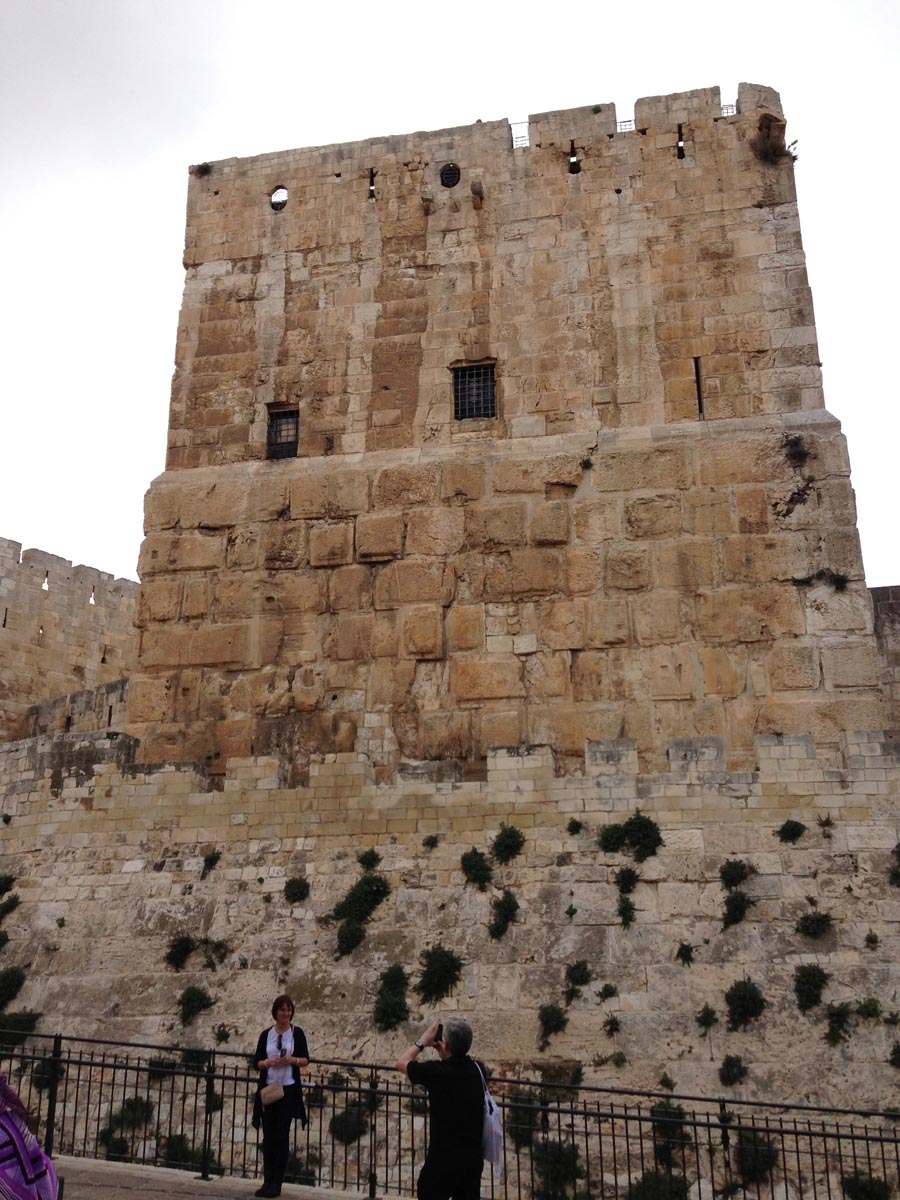
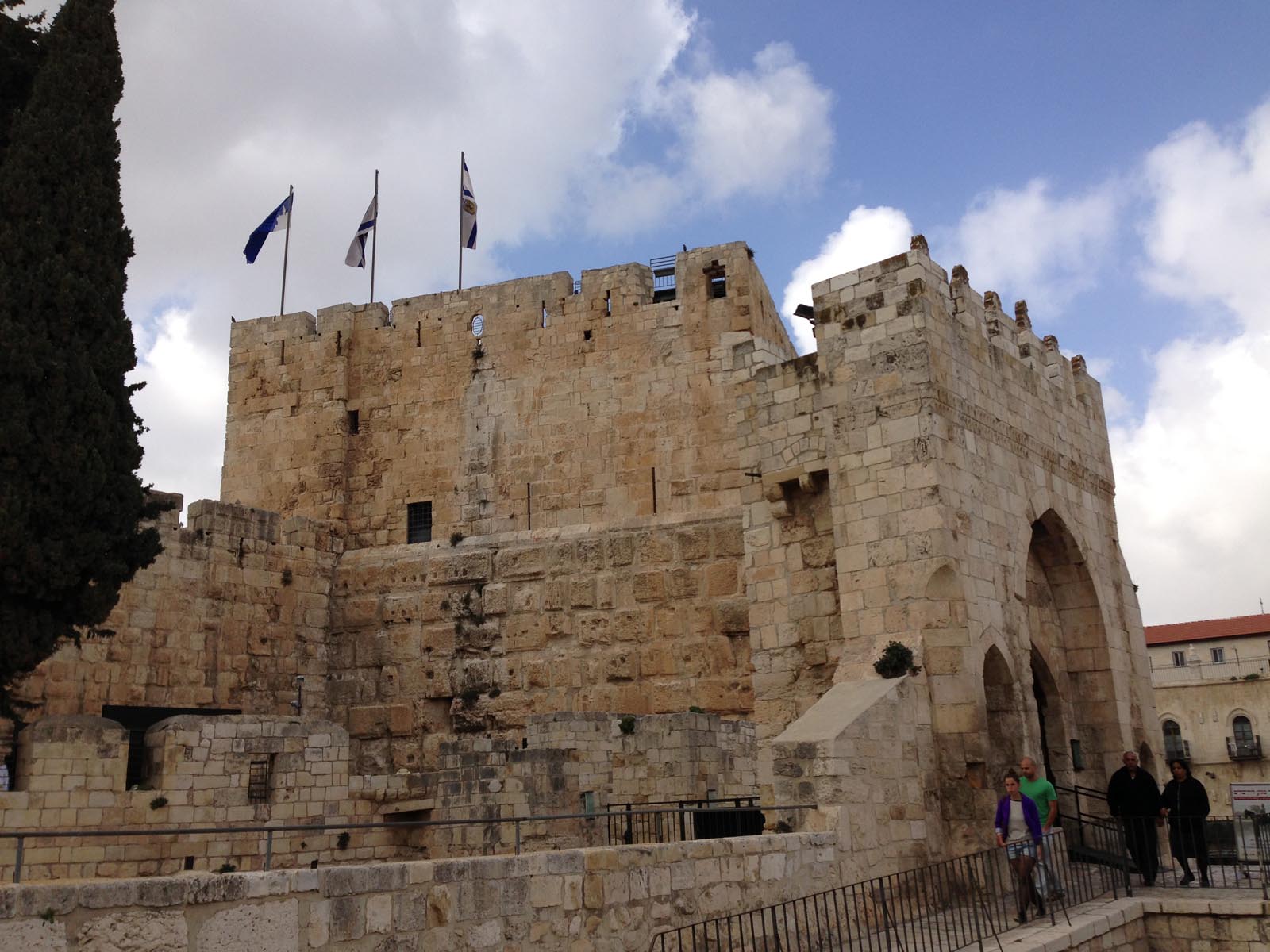
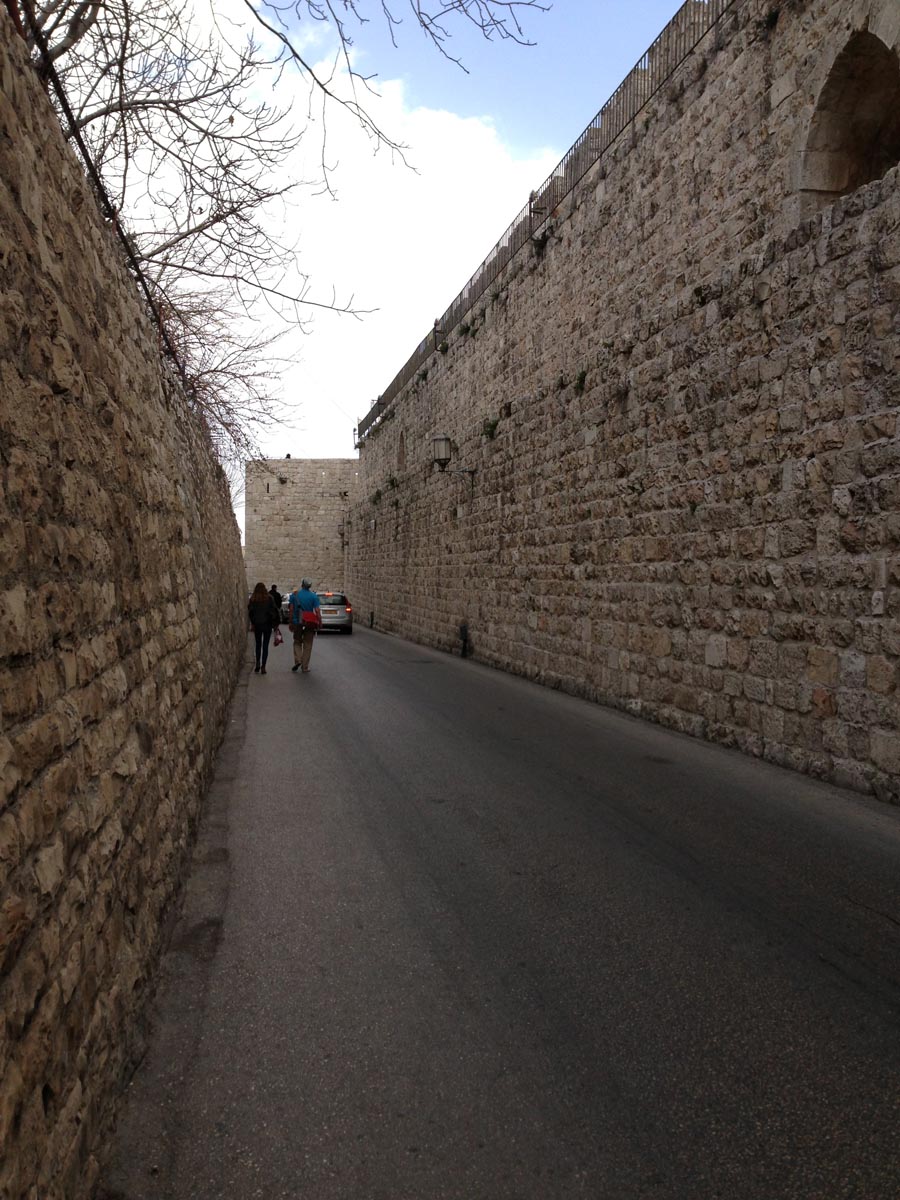
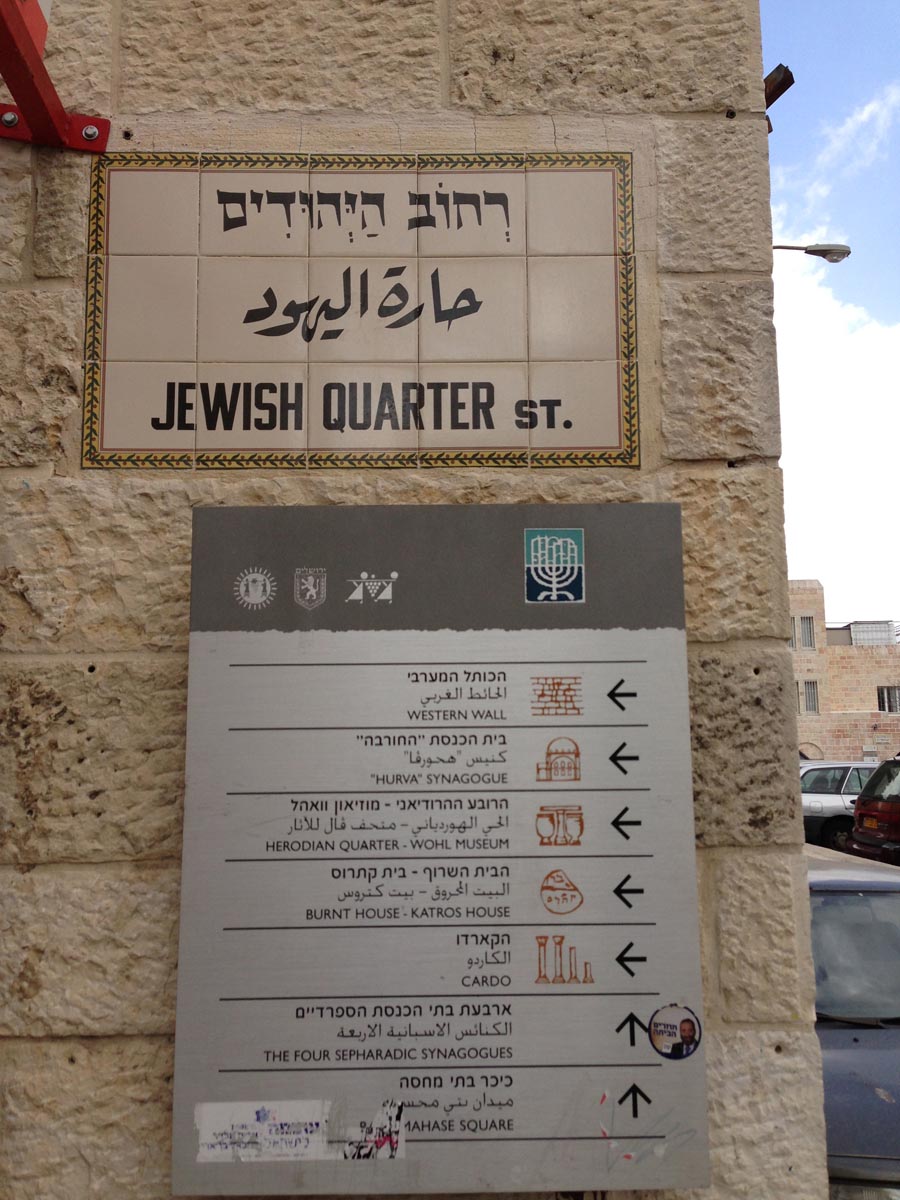
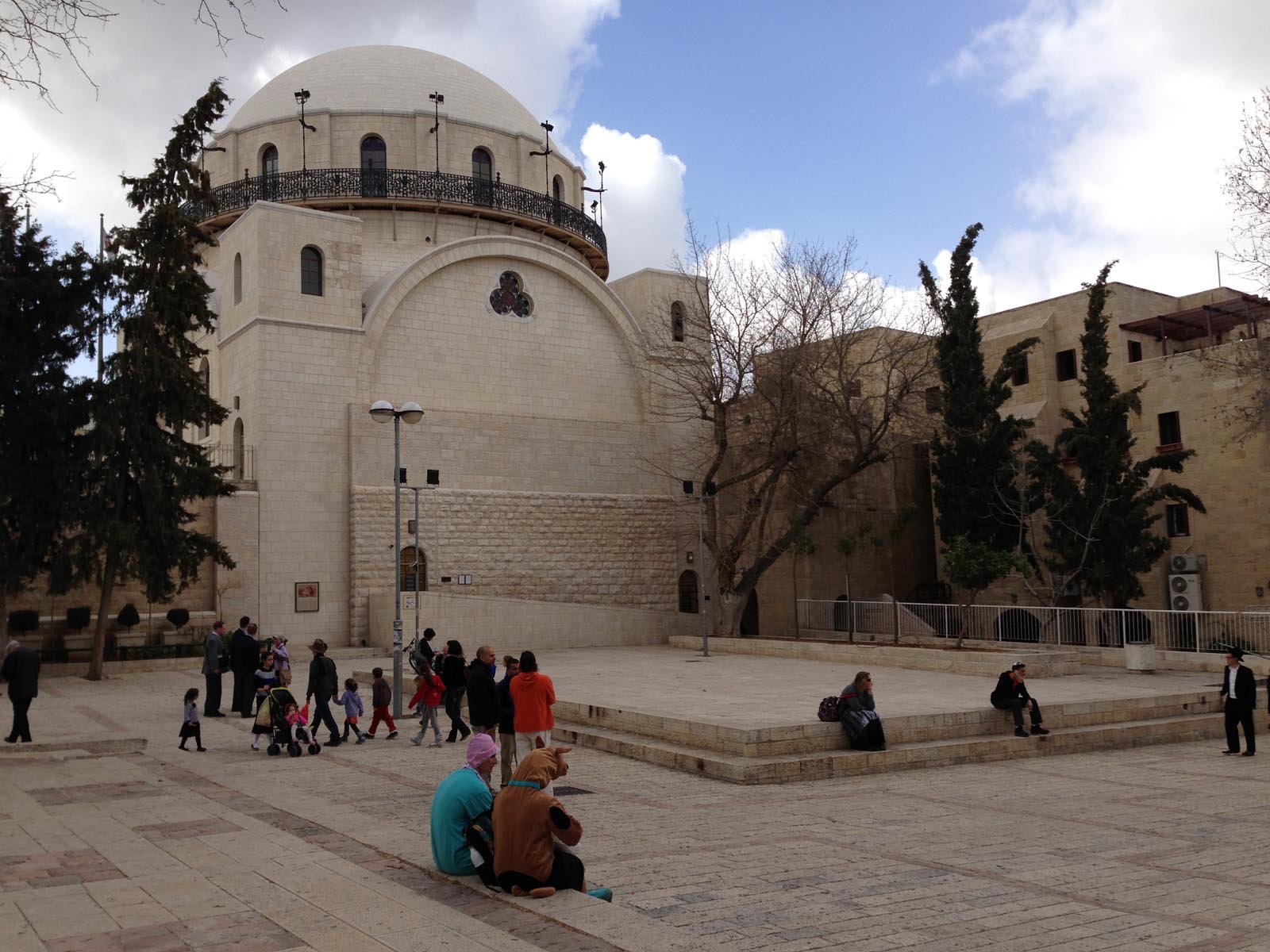
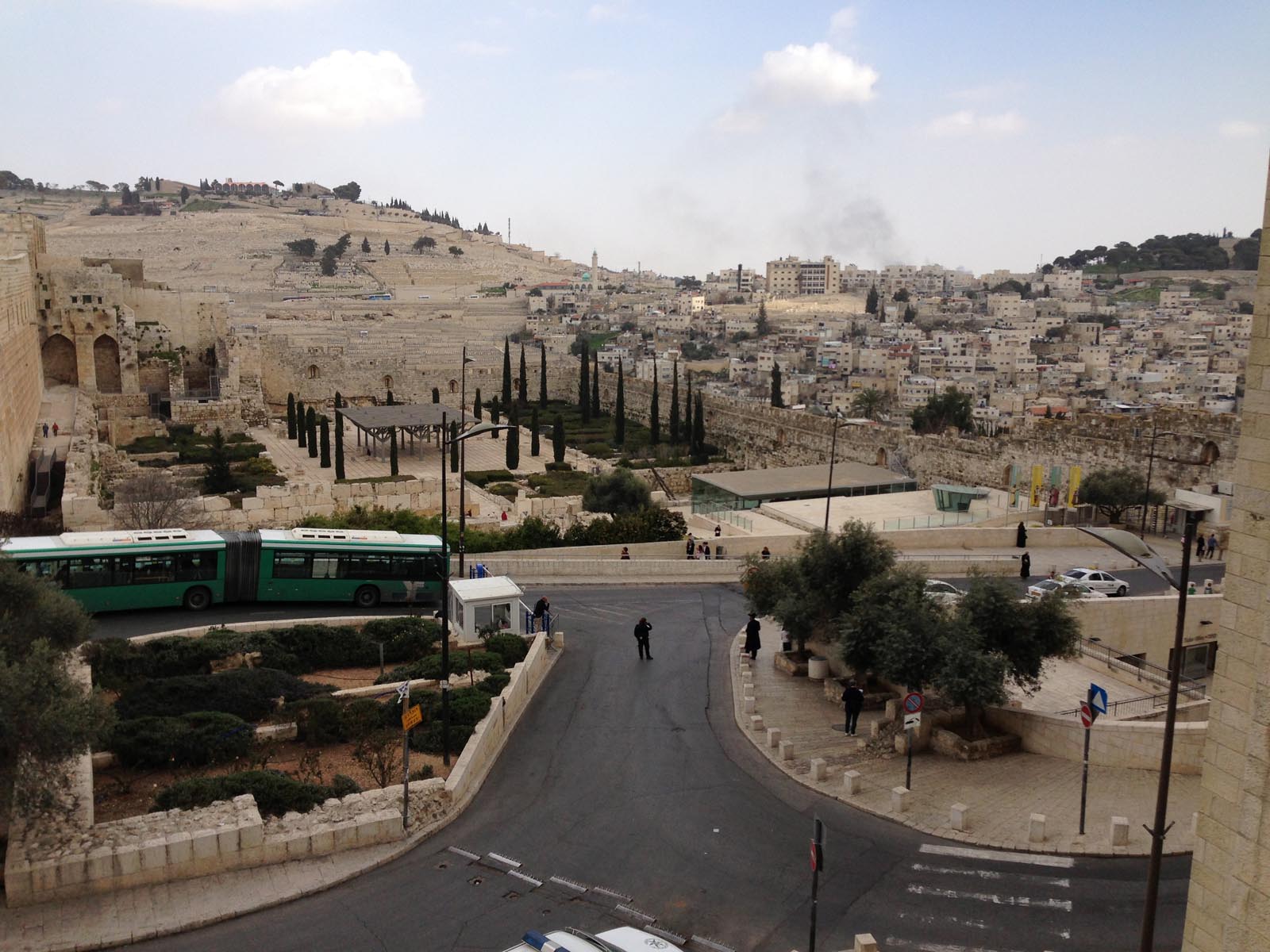
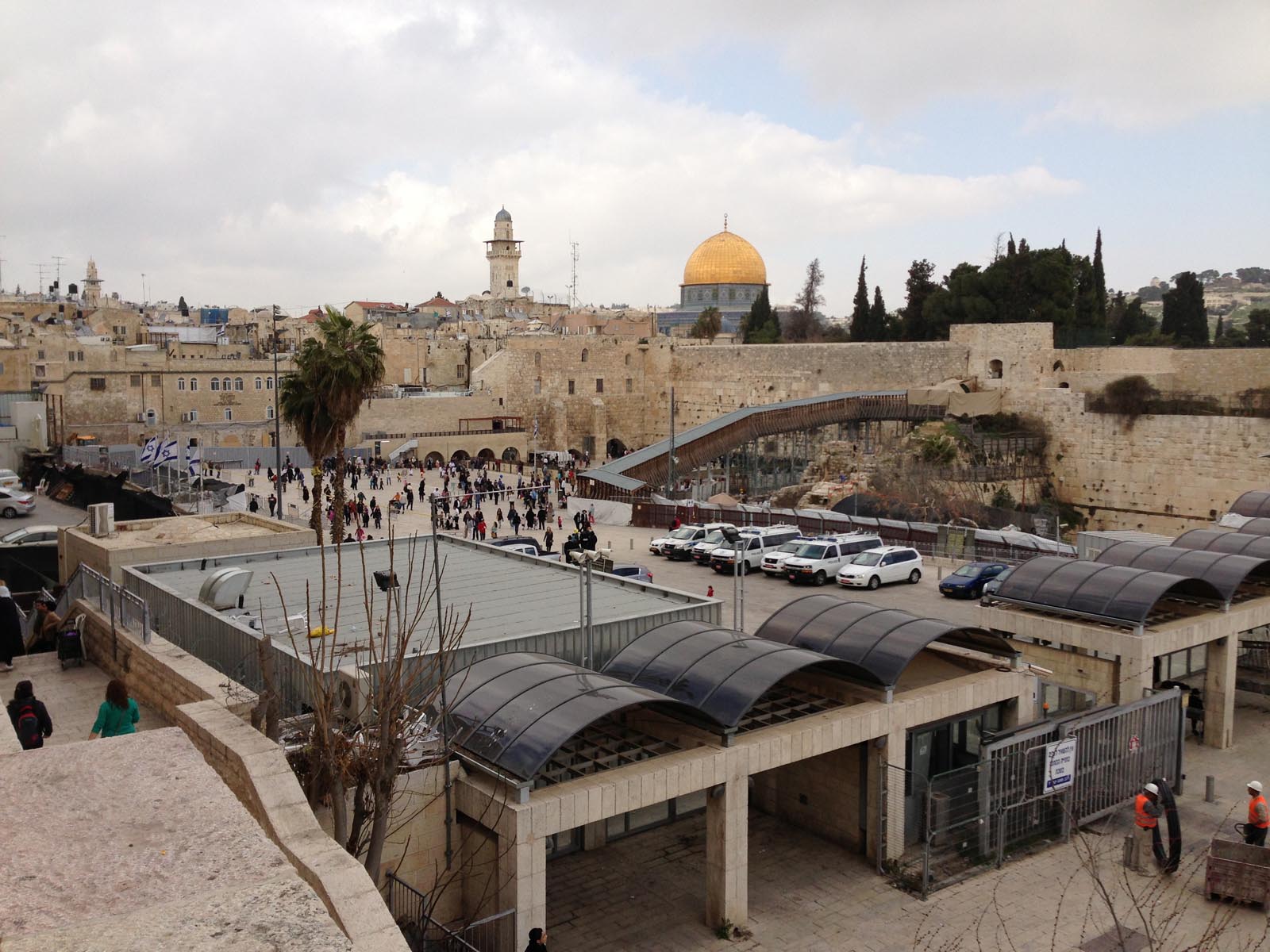
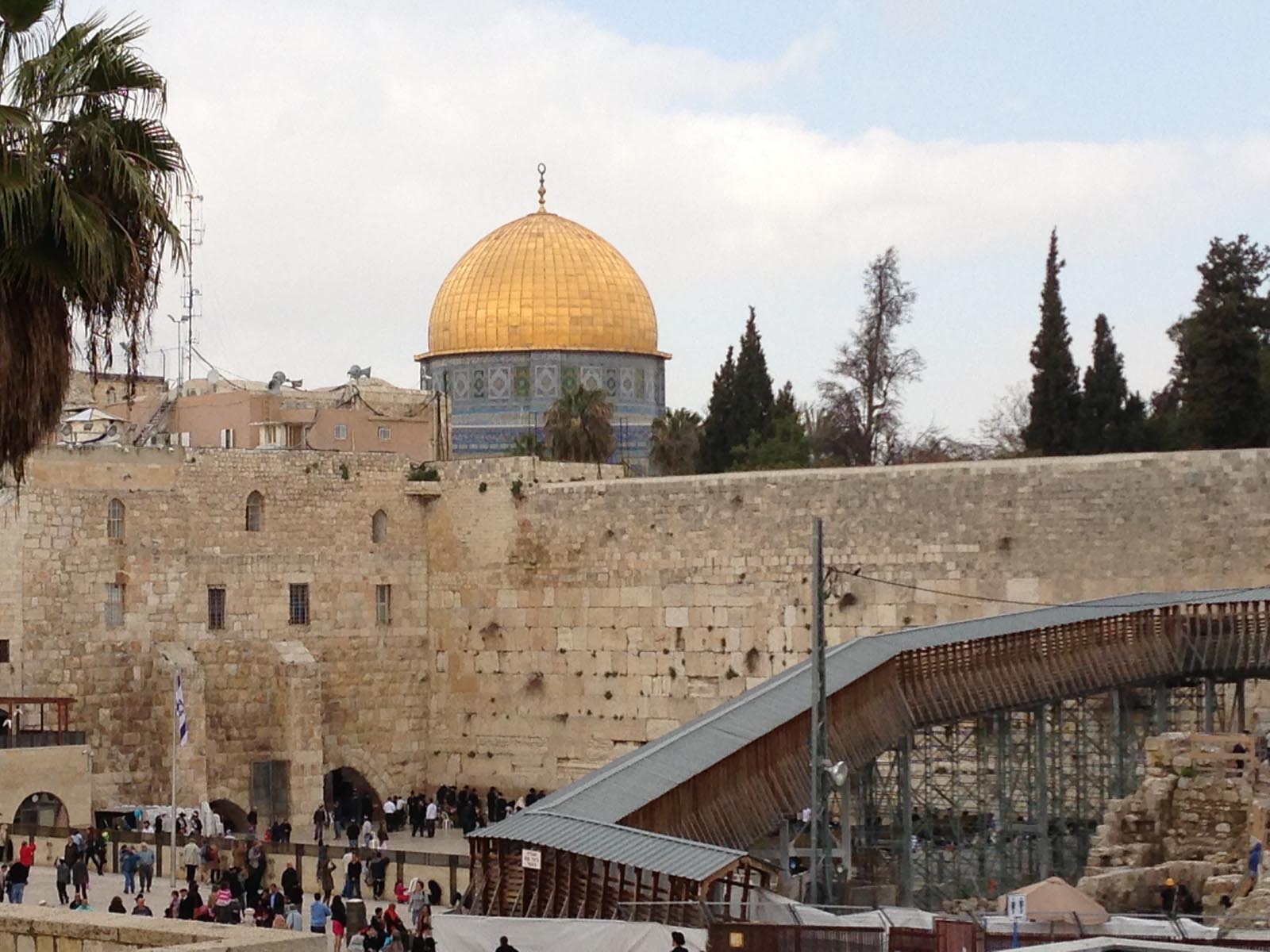
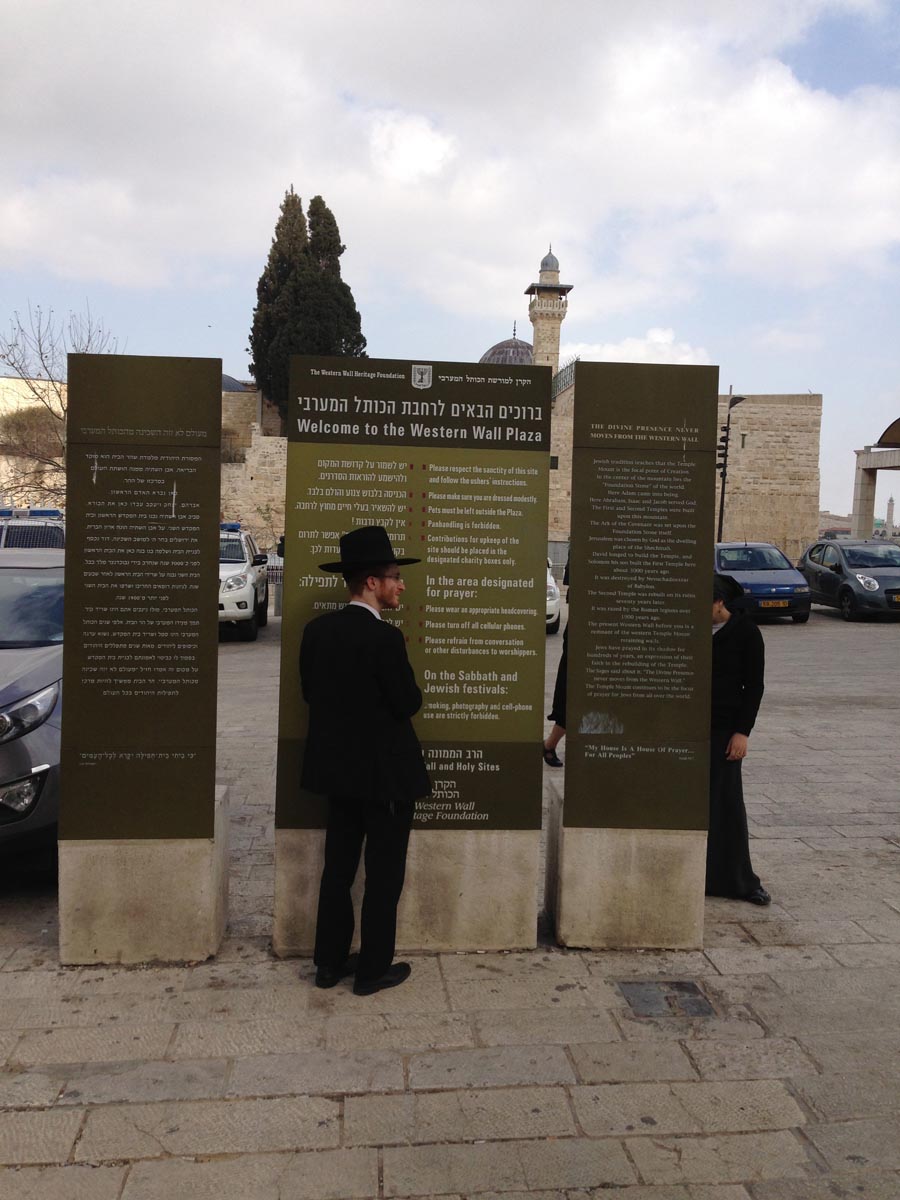
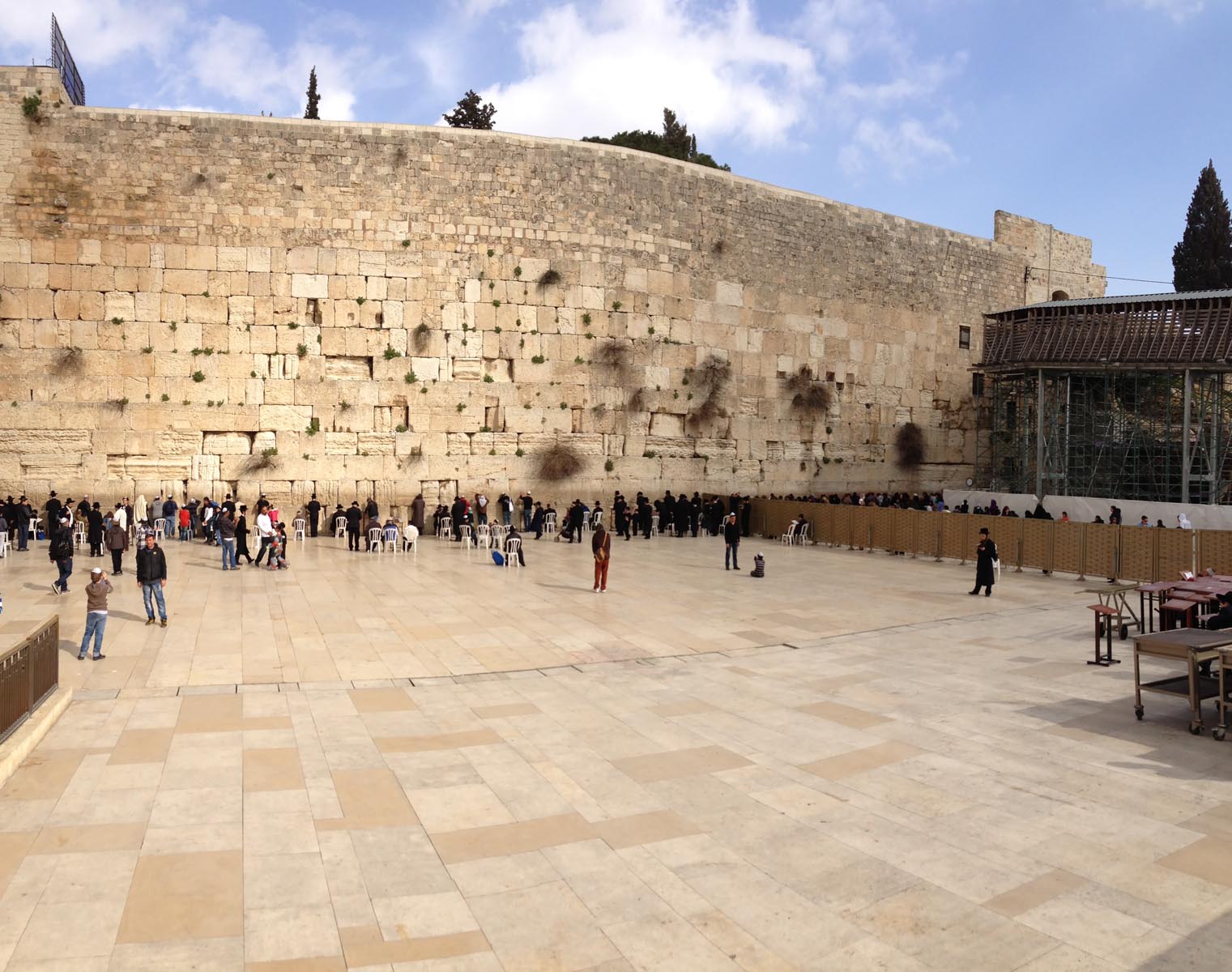
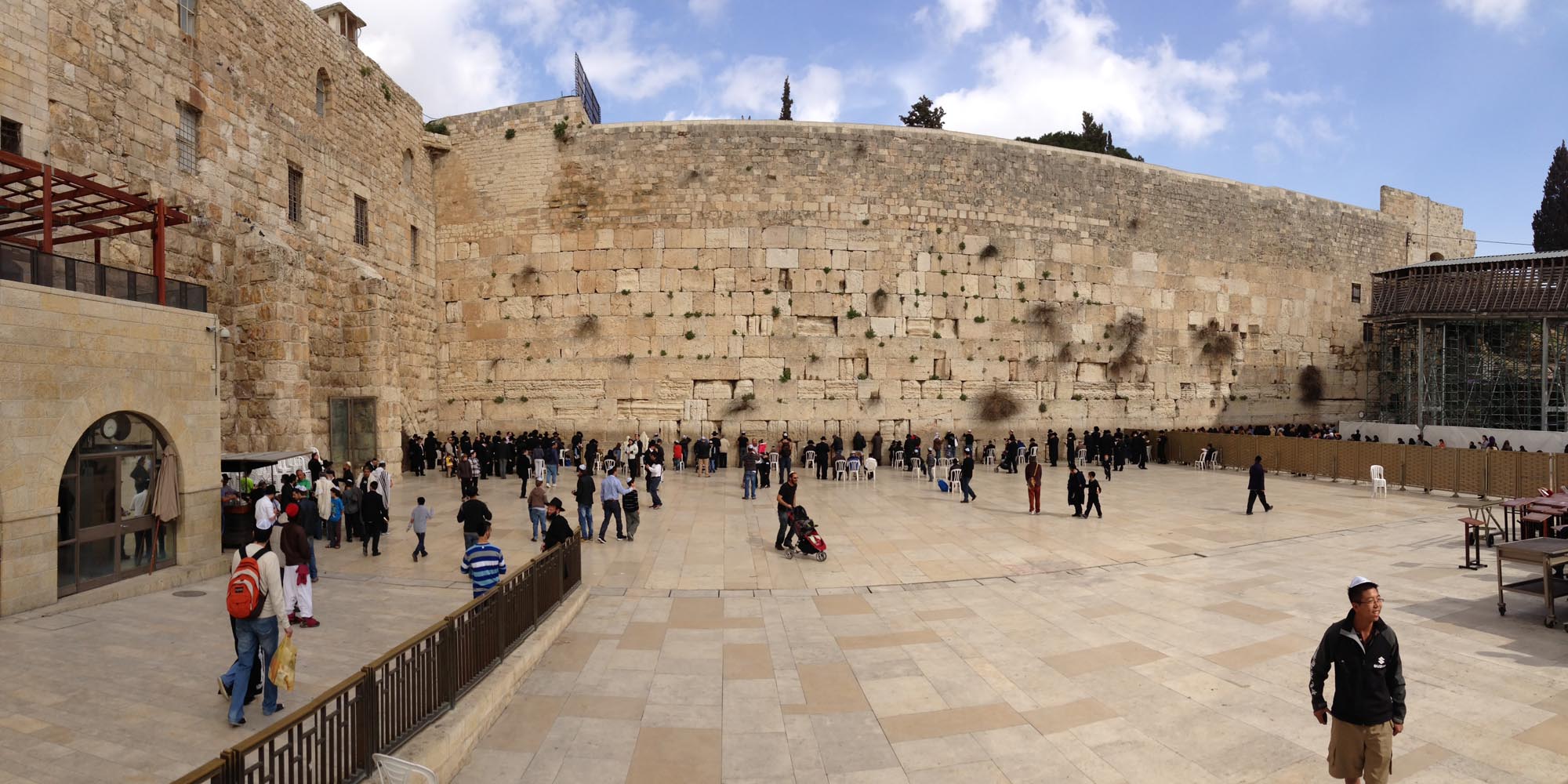
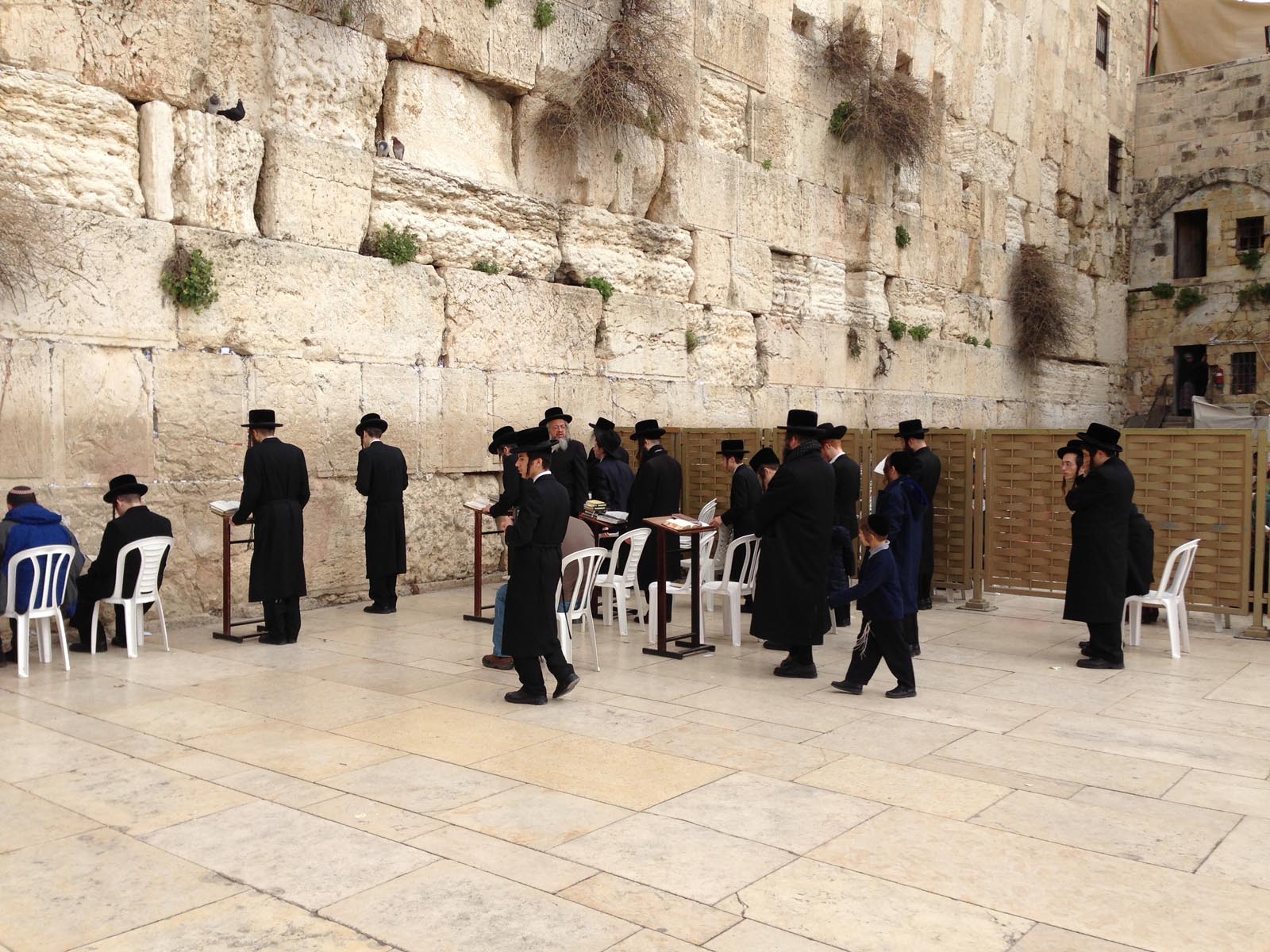
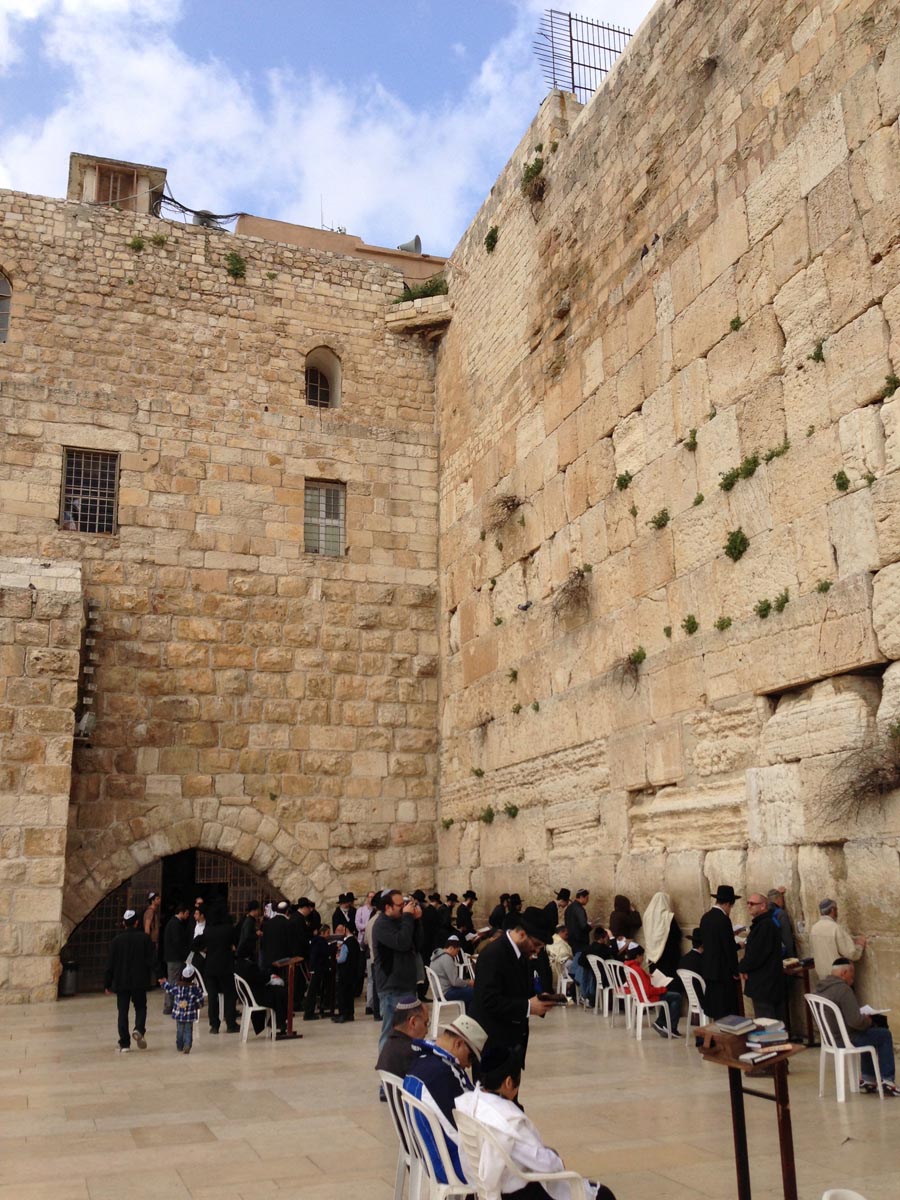
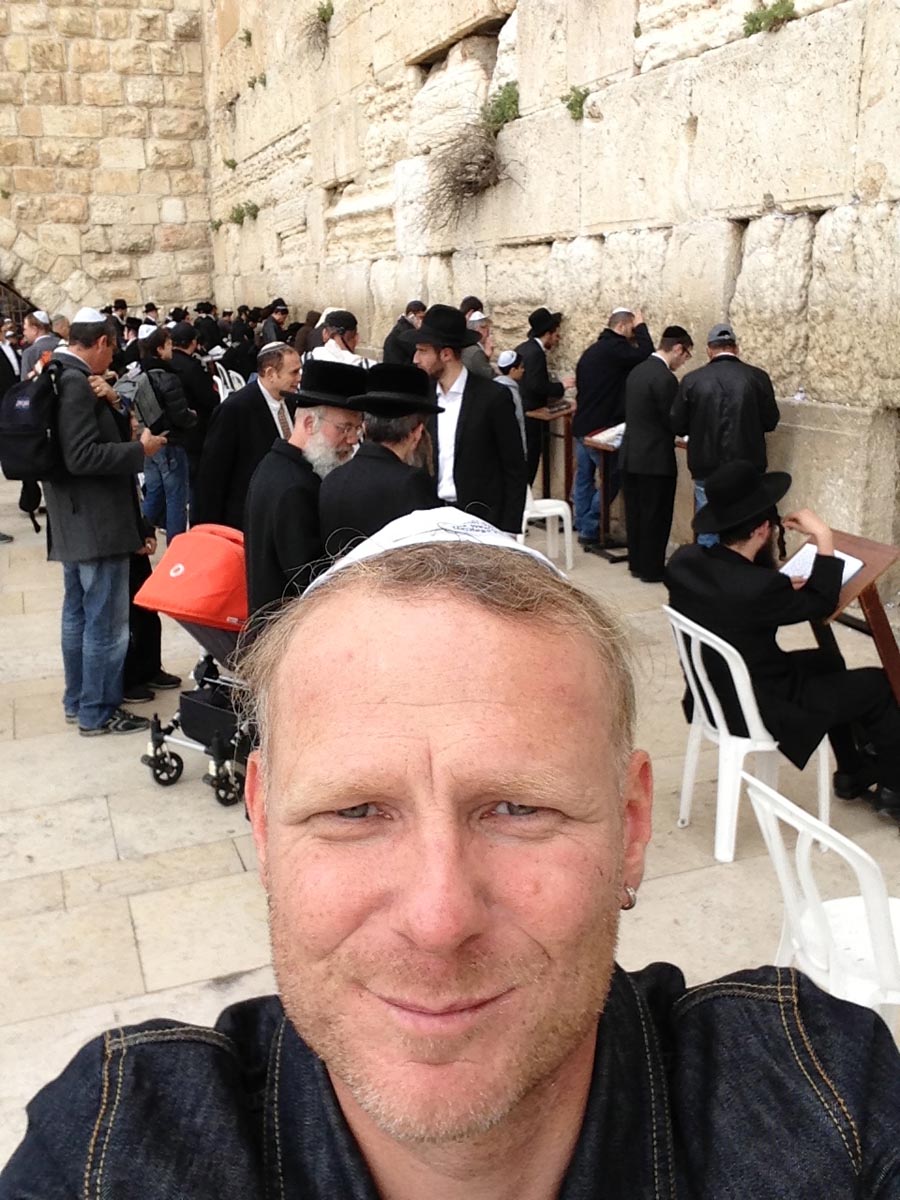
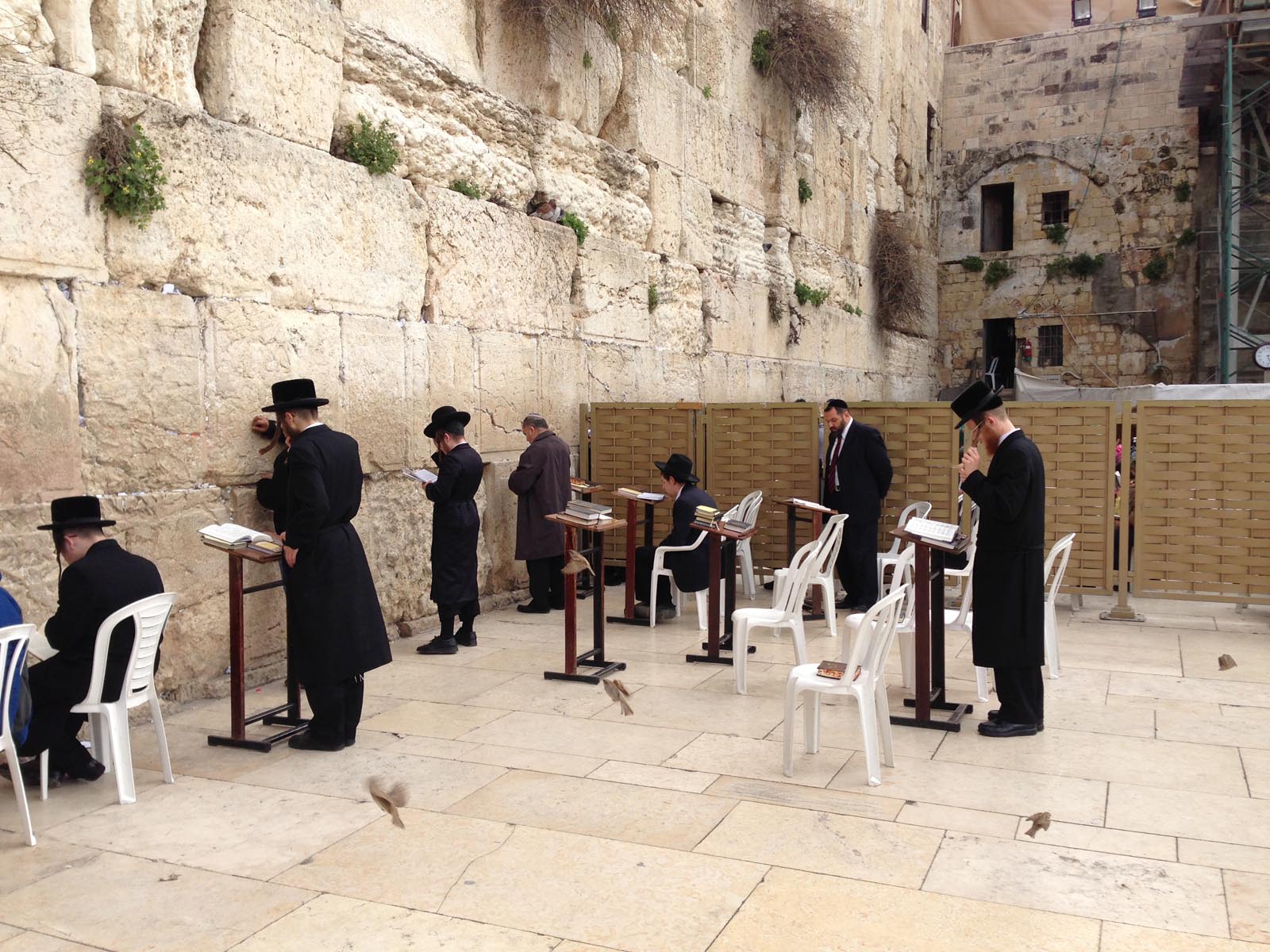
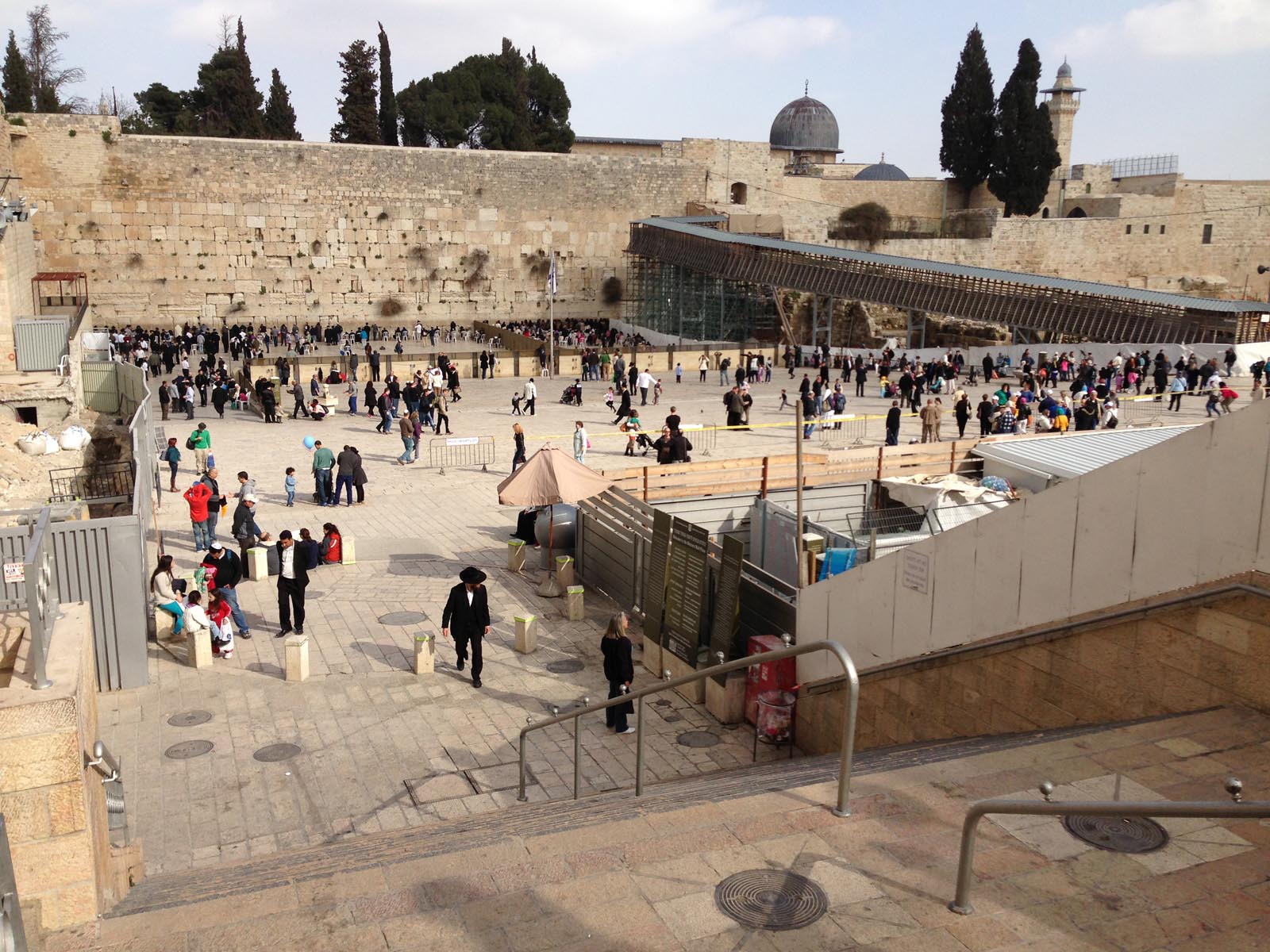
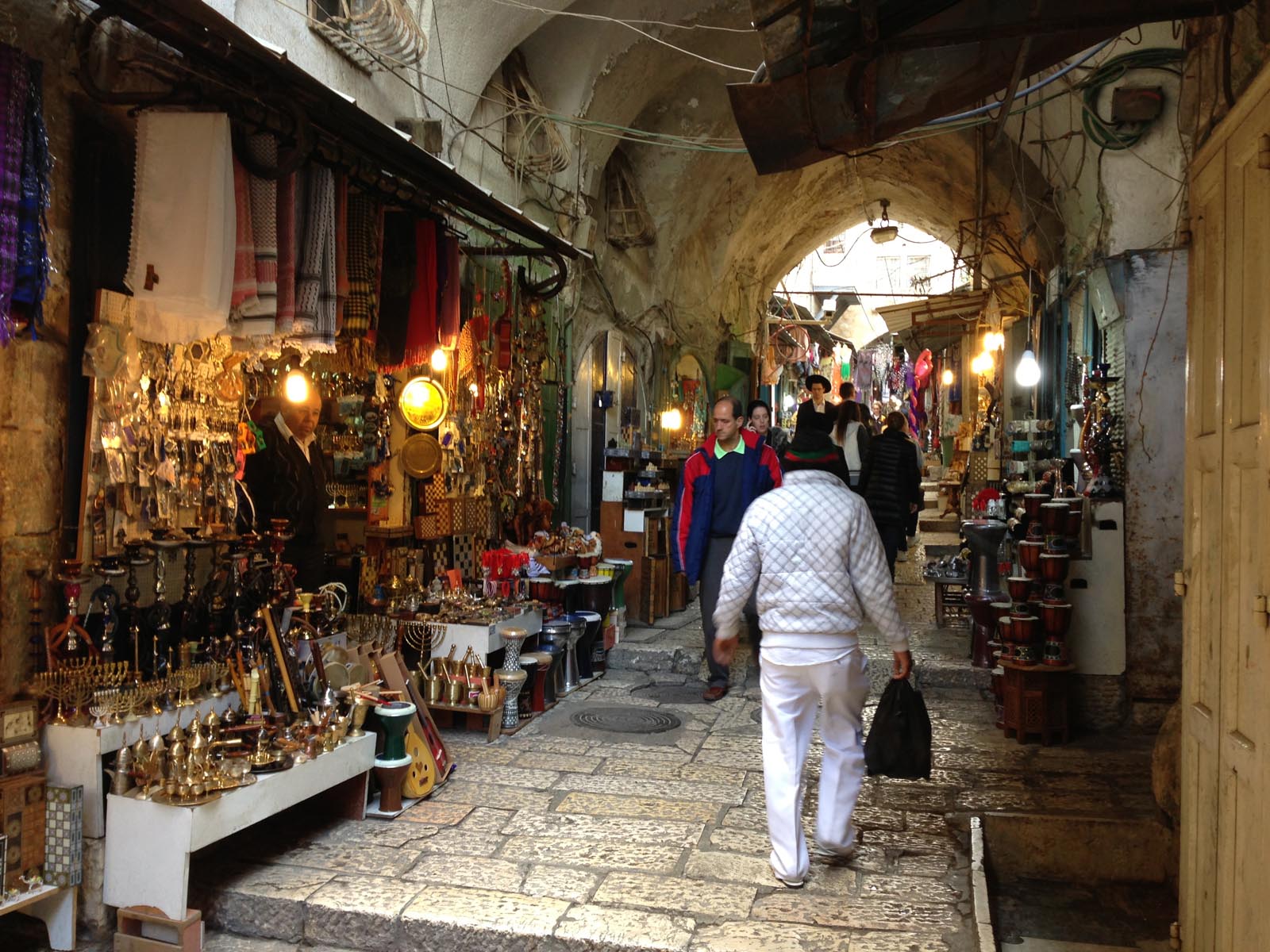

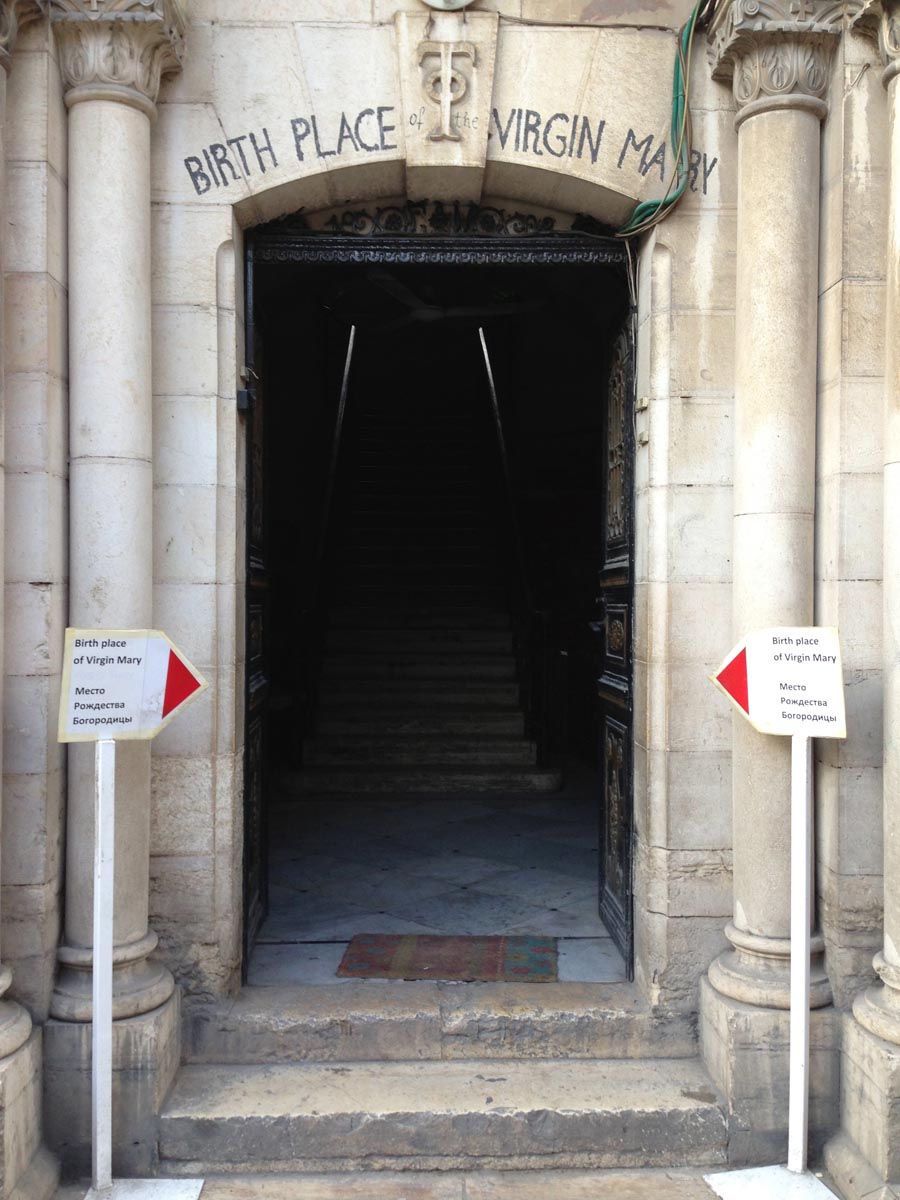
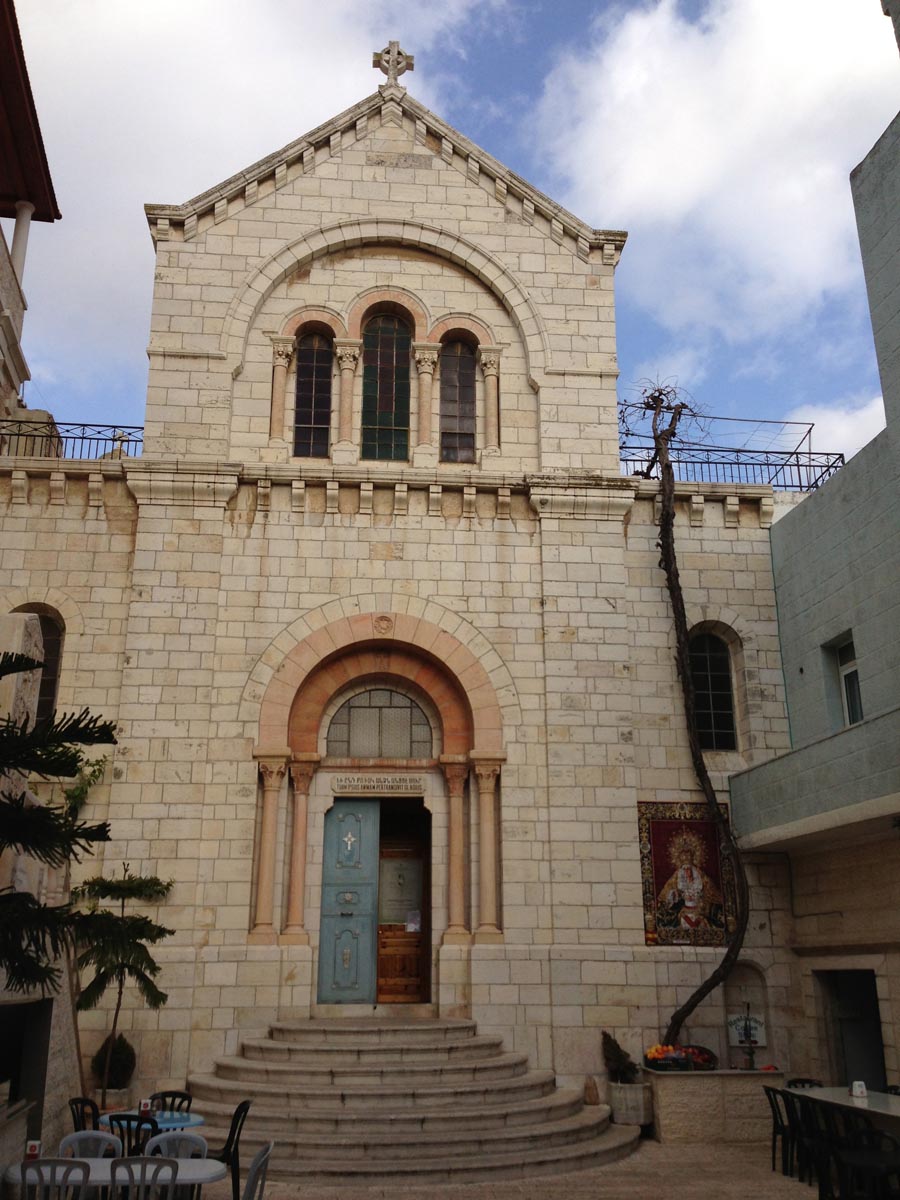
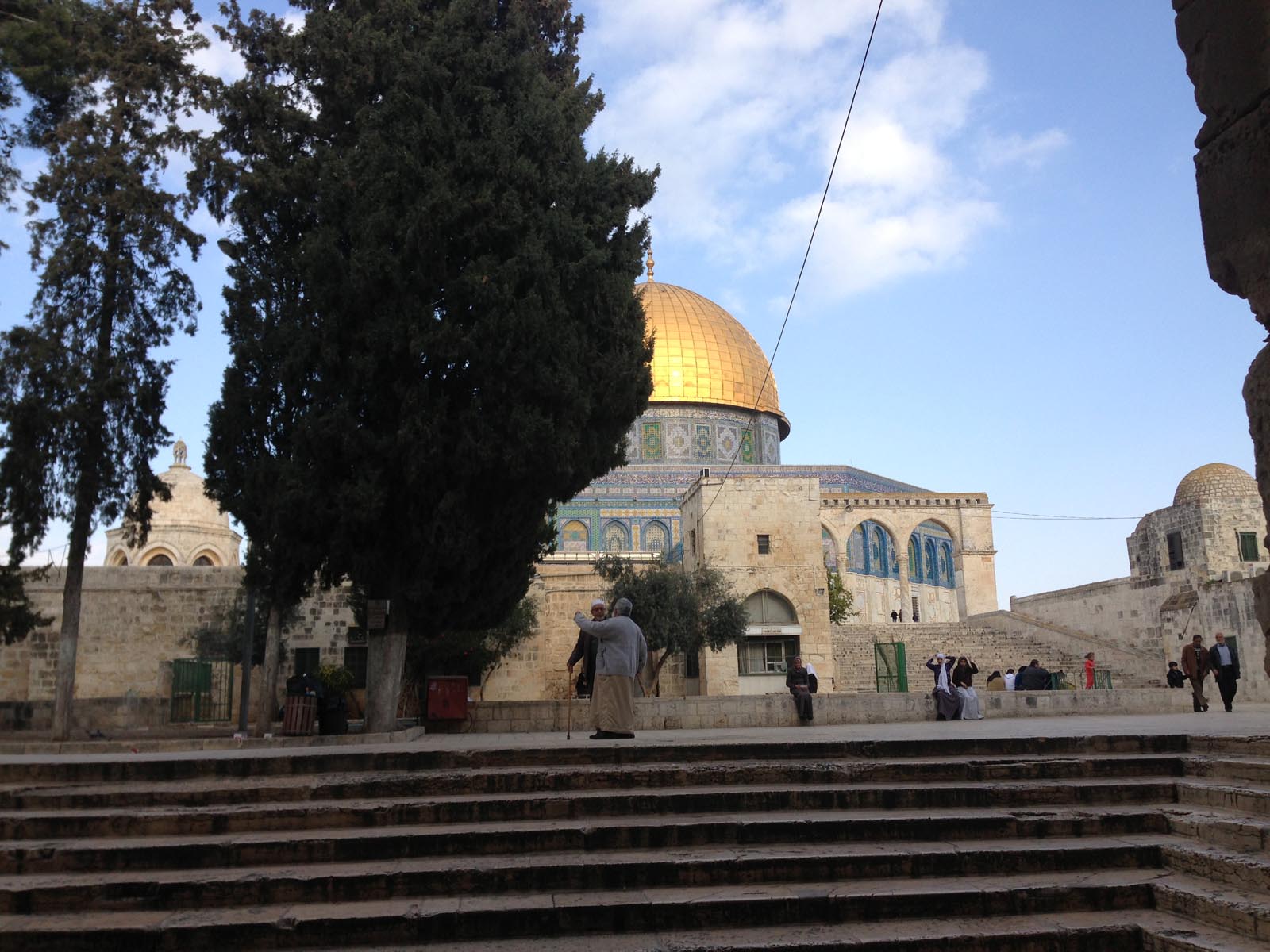
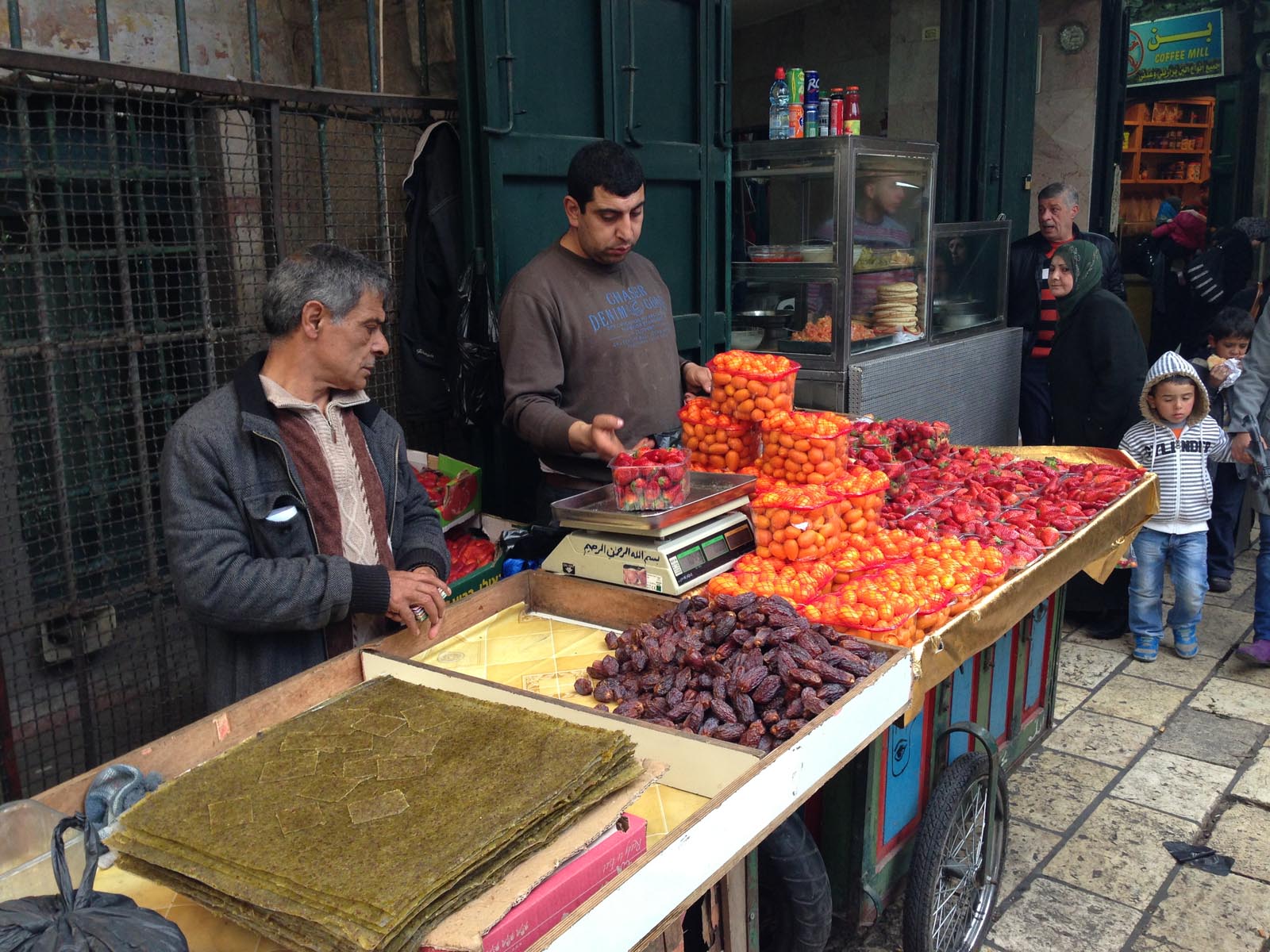
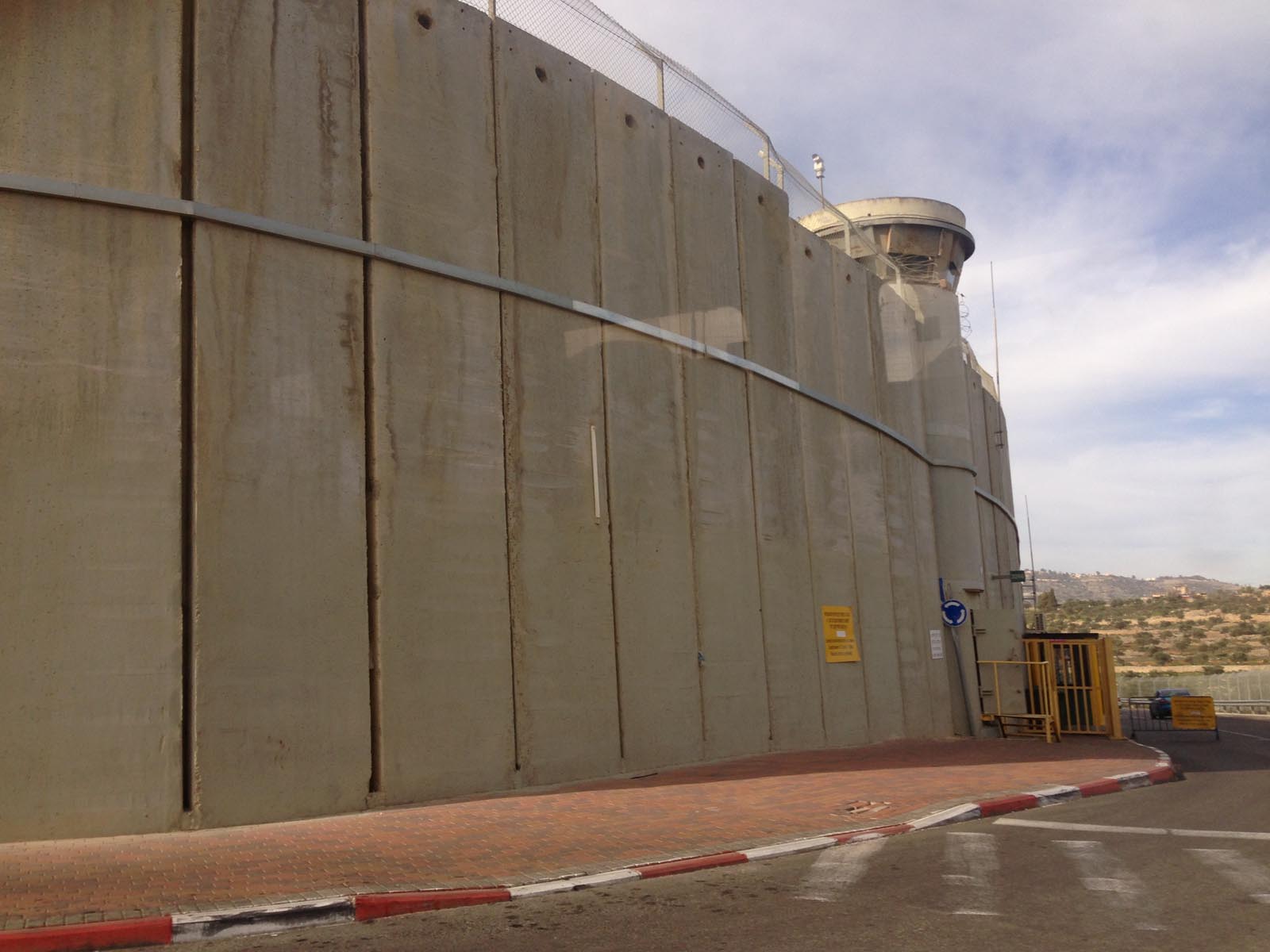
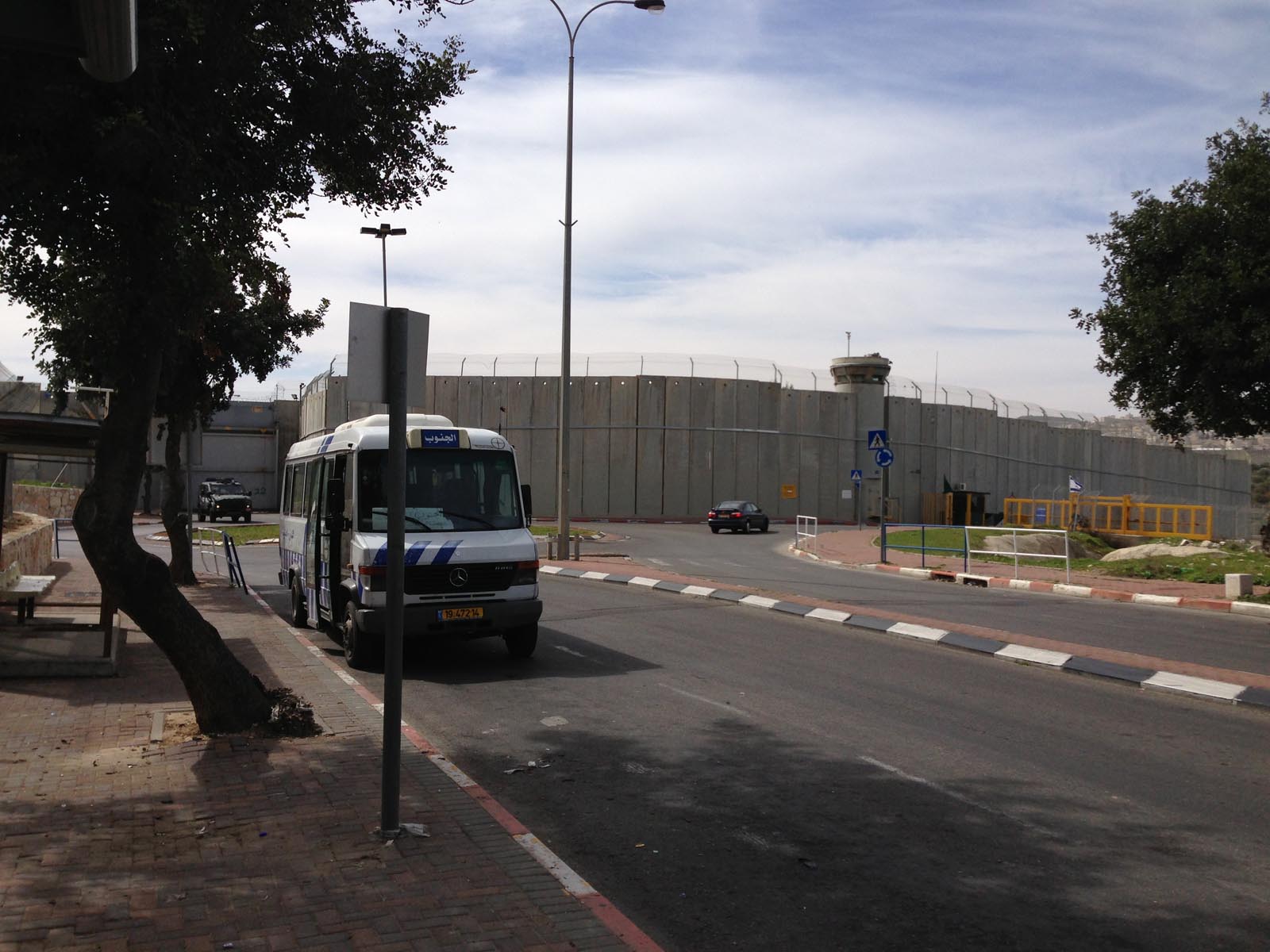
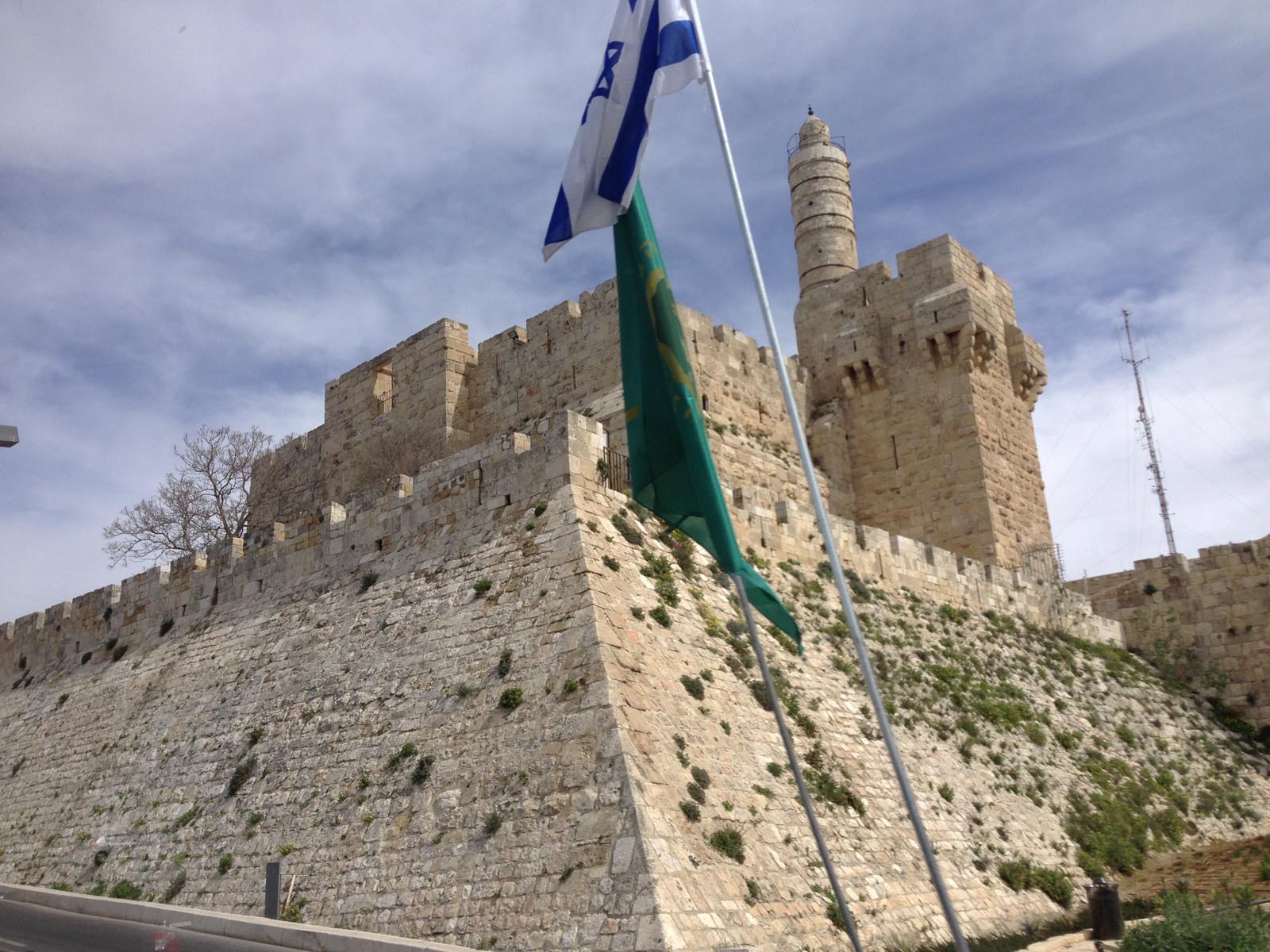
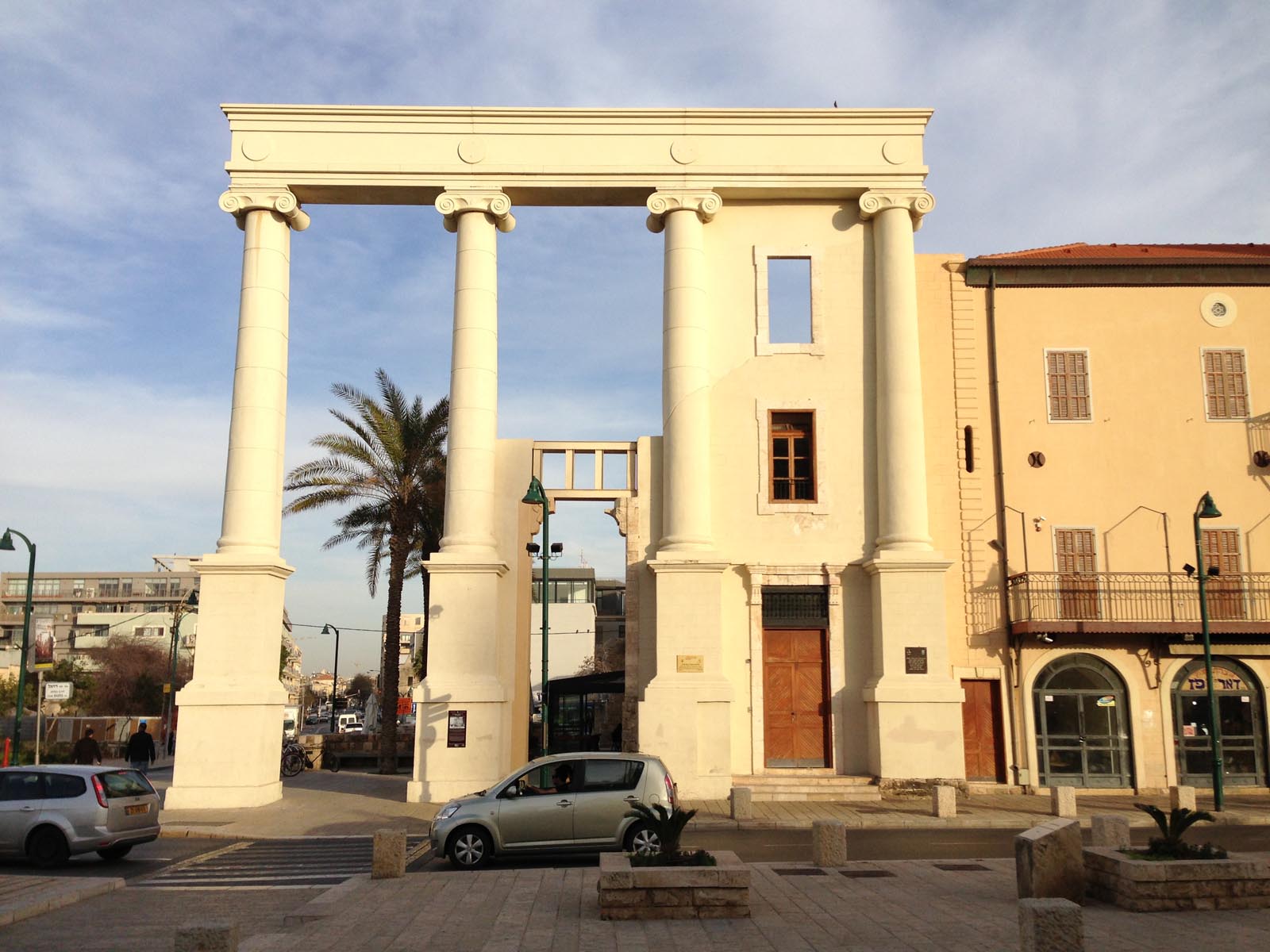


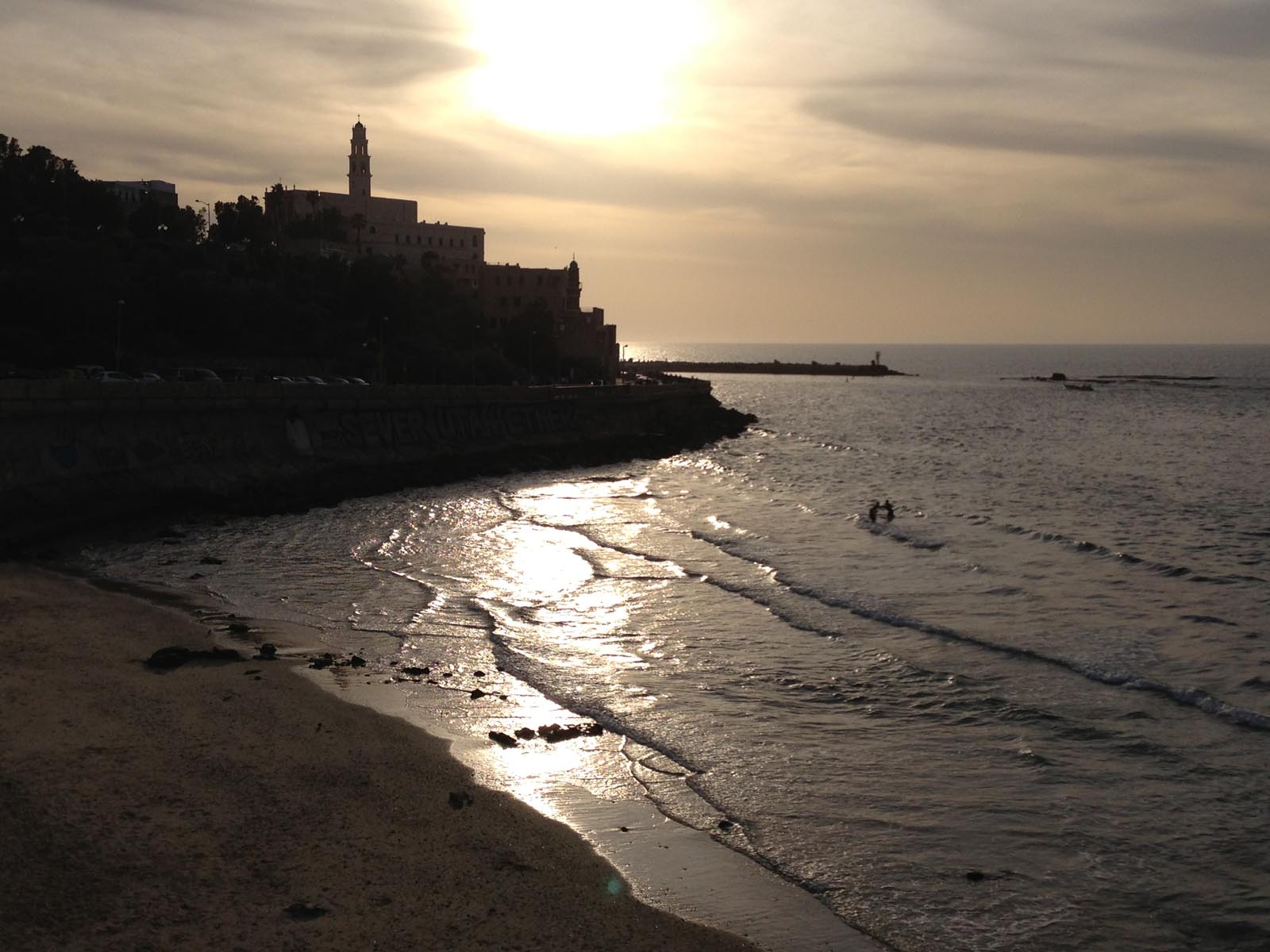
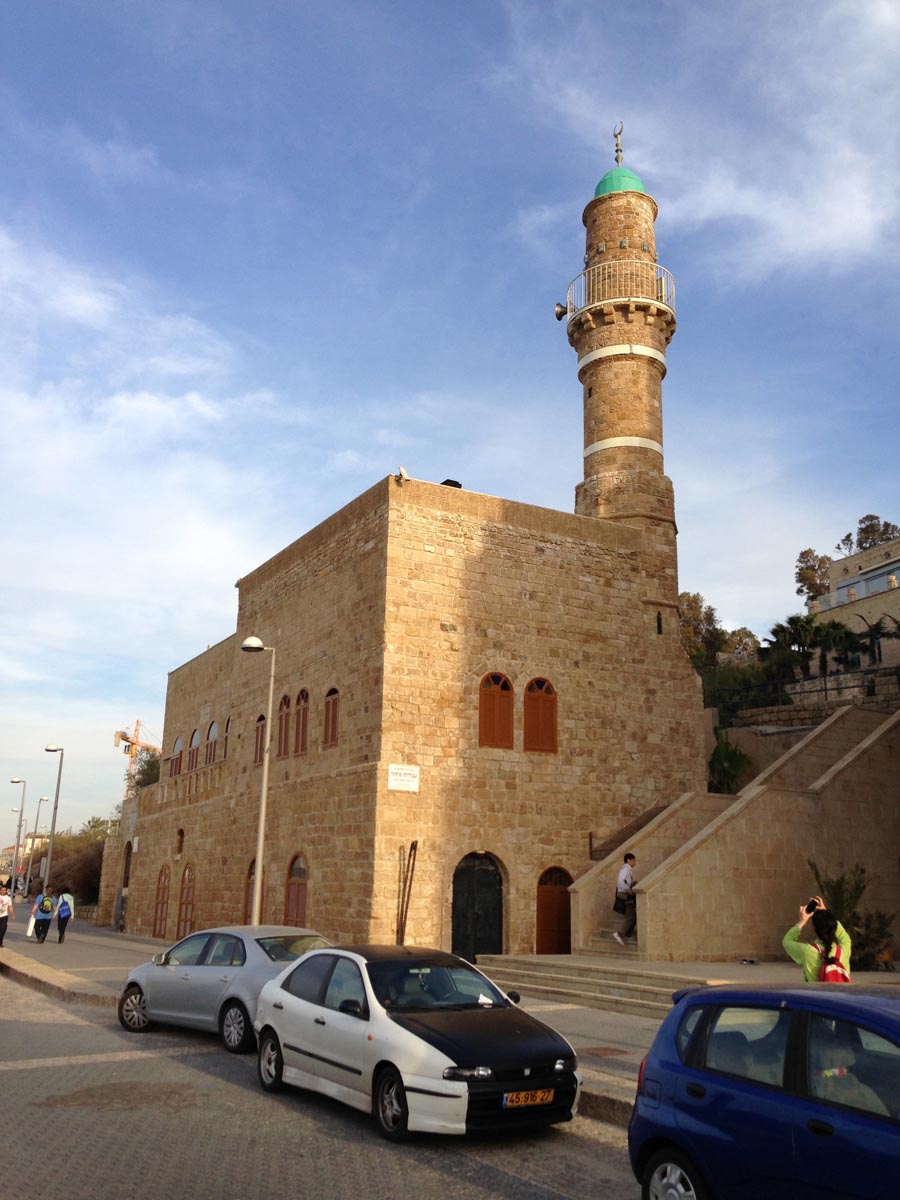
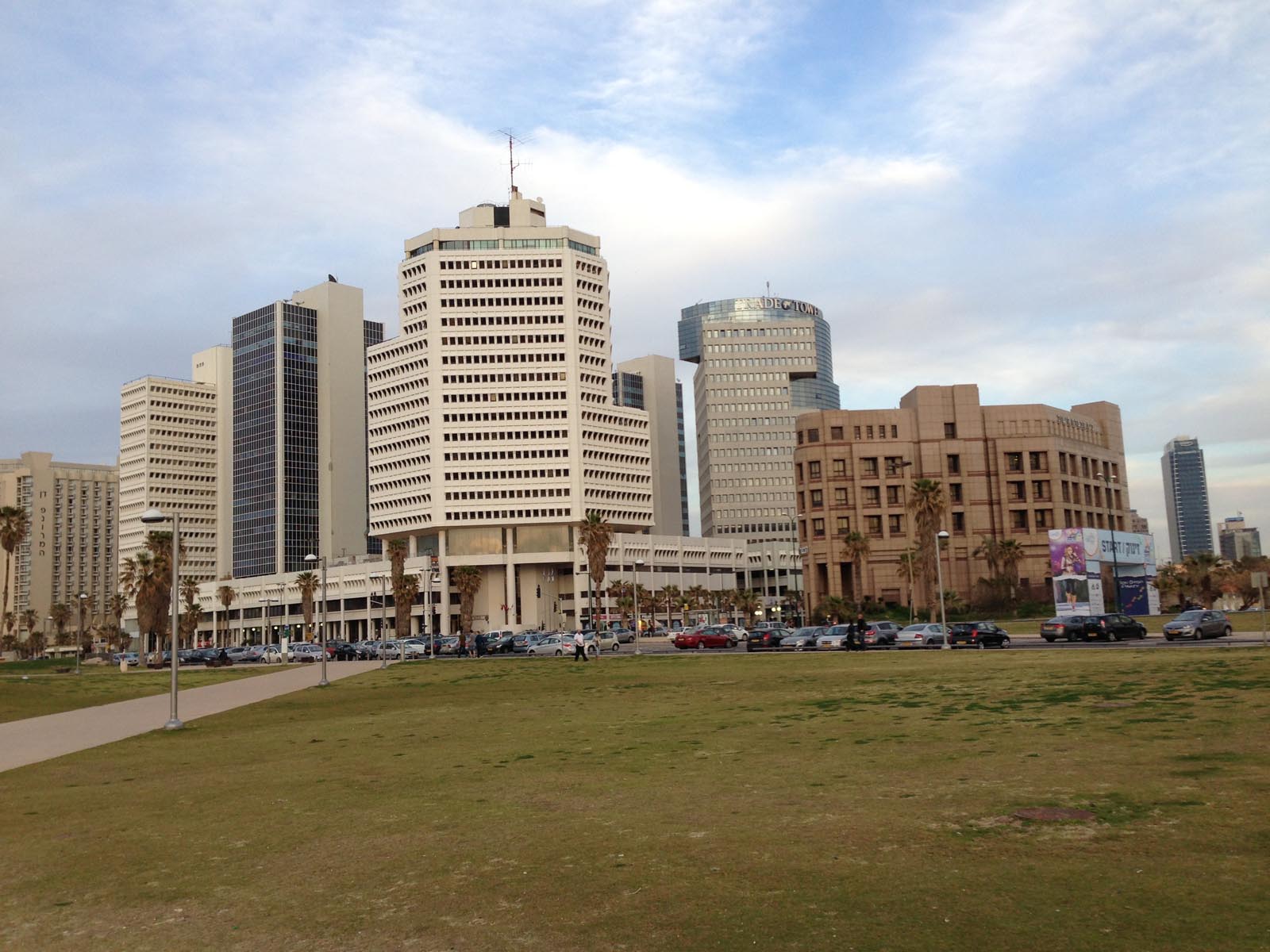
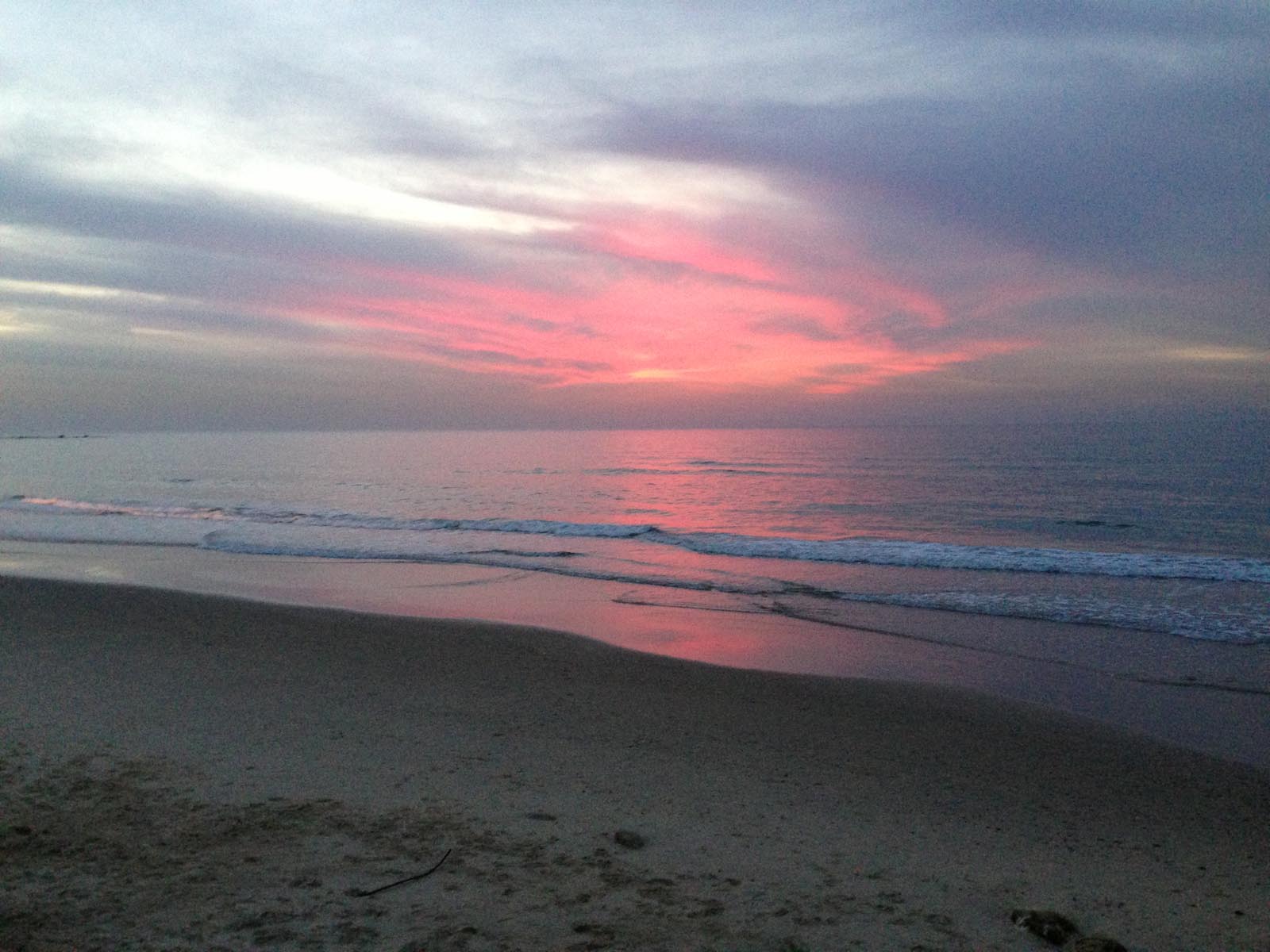
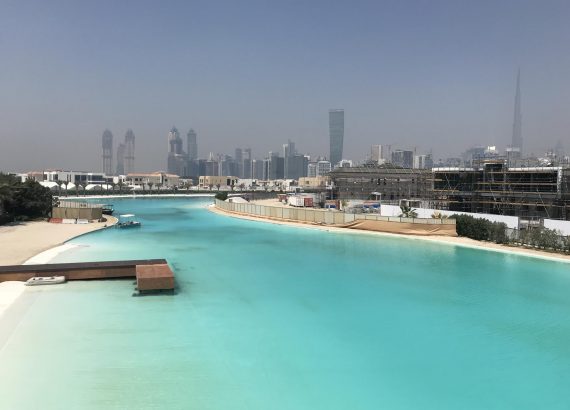
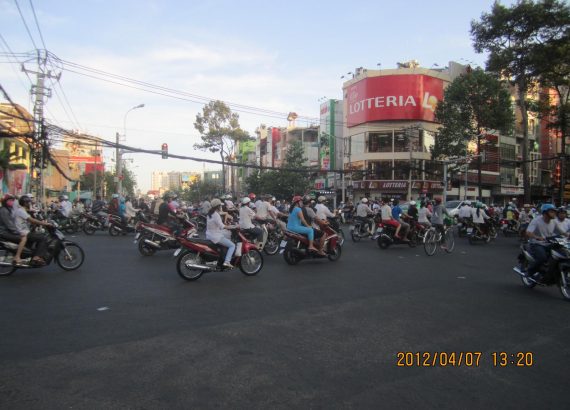
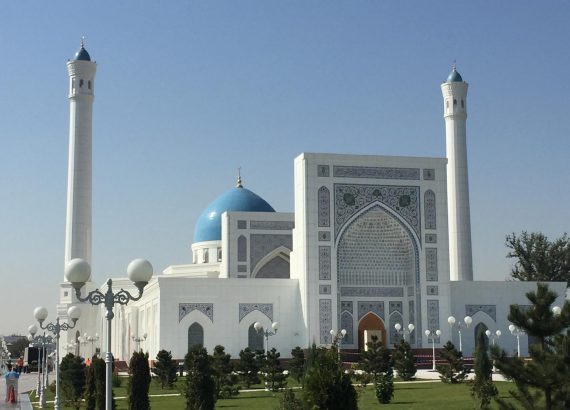
No Comments